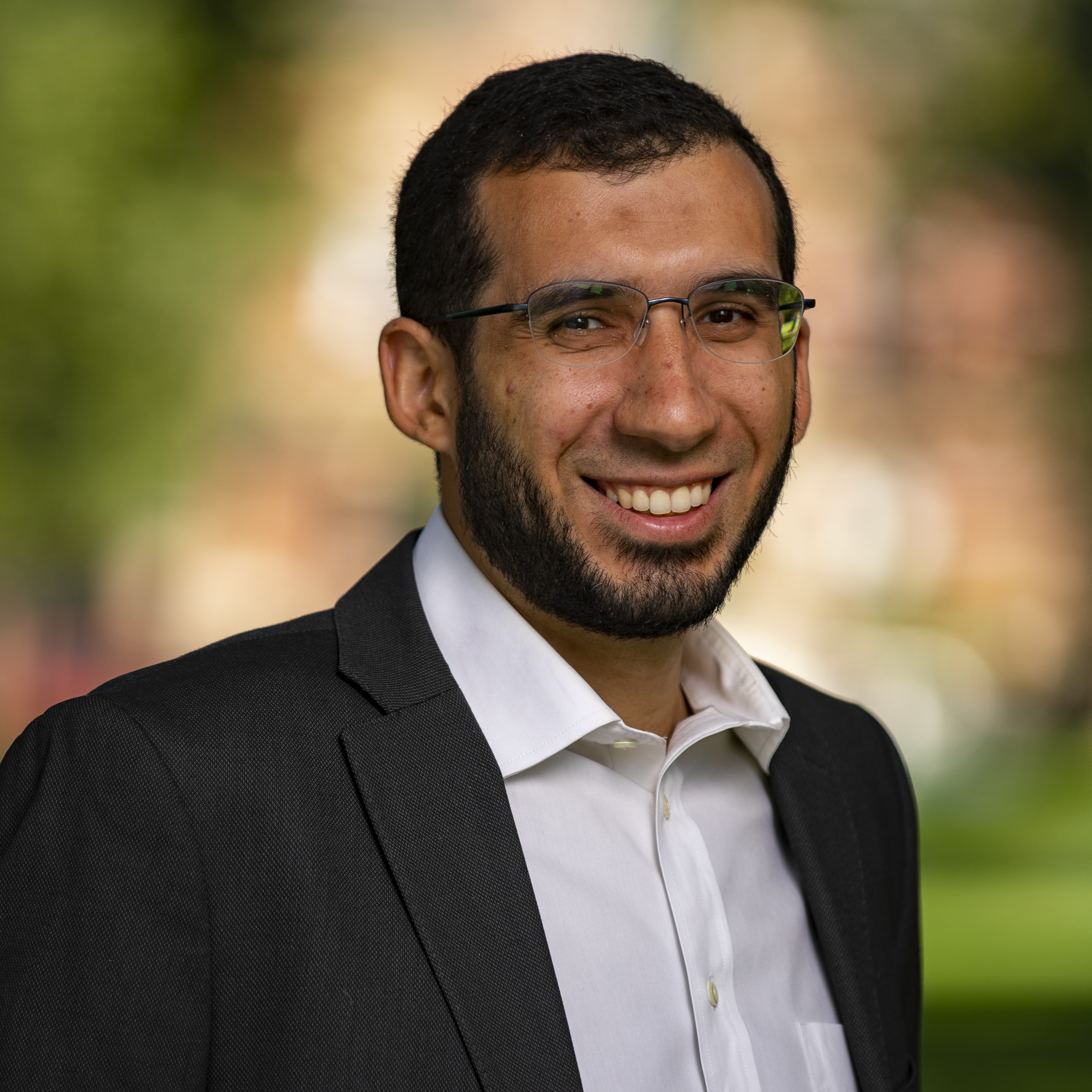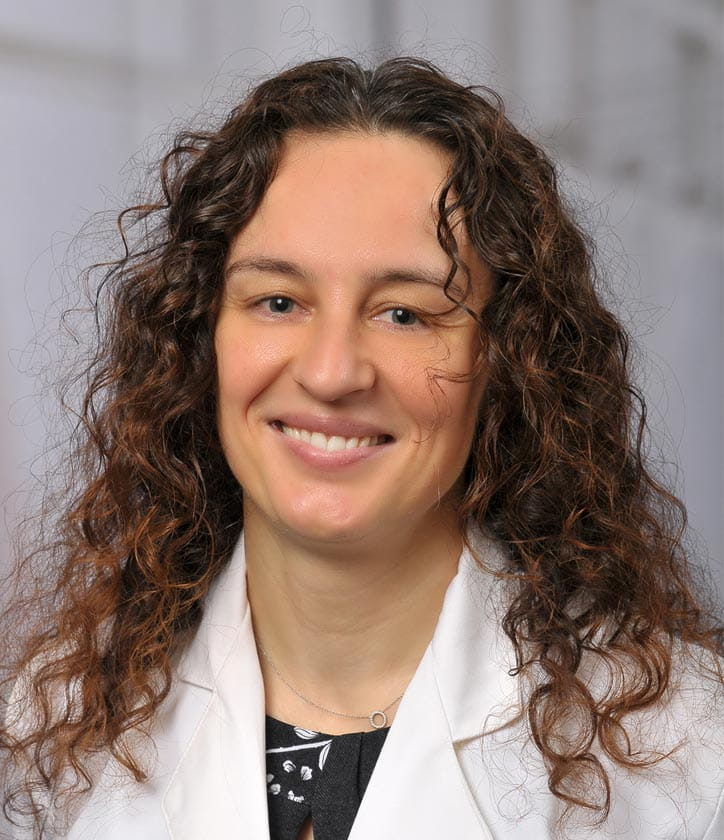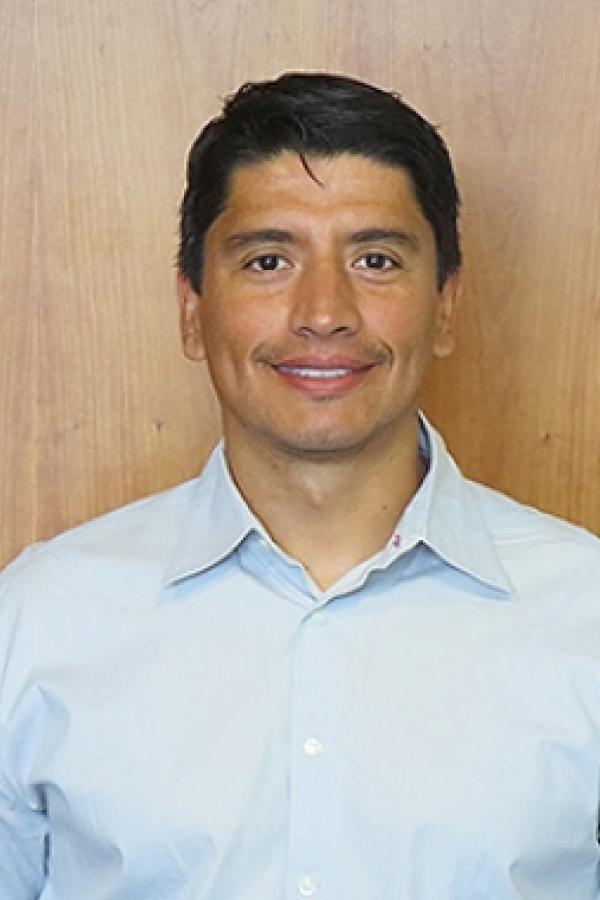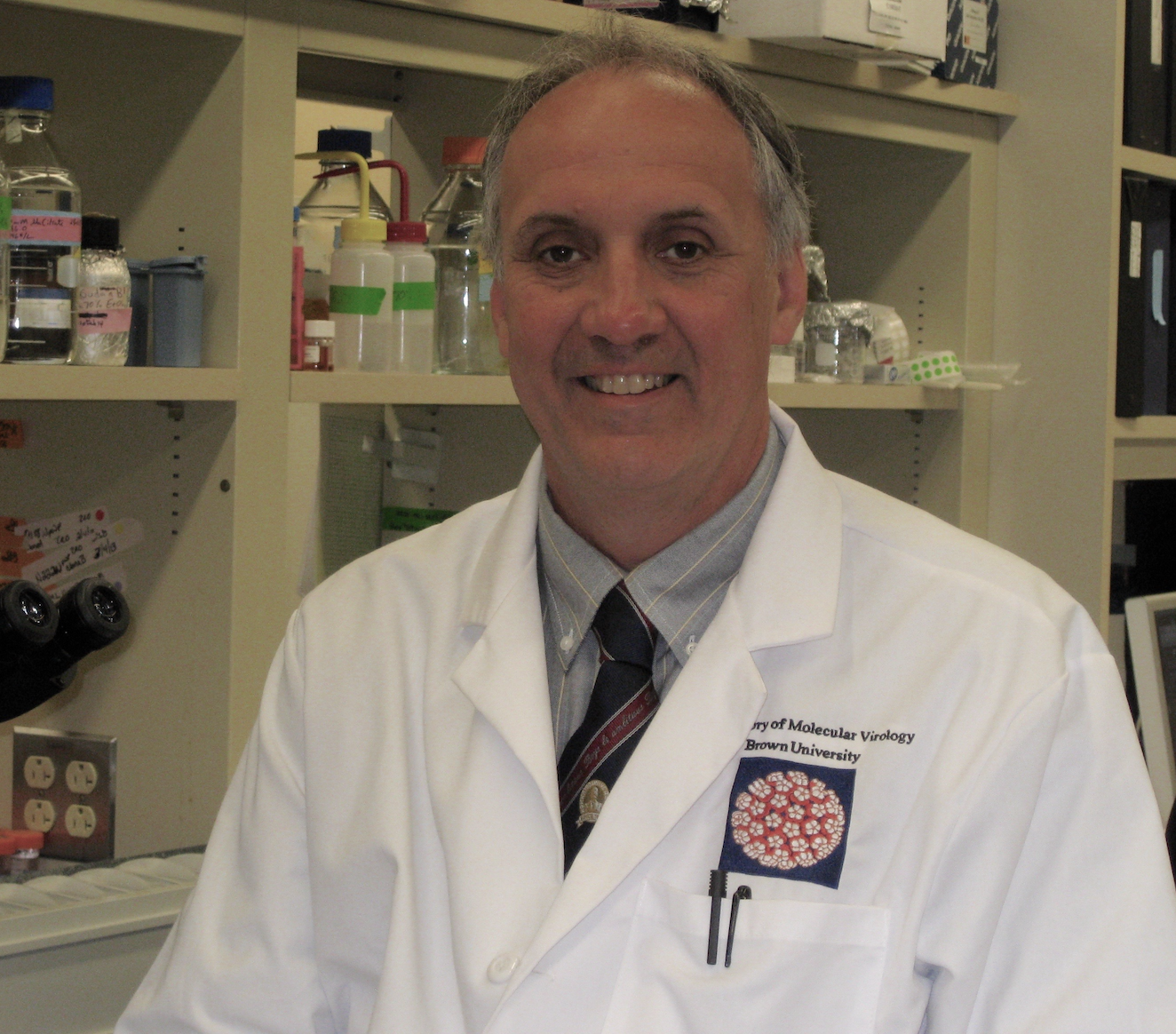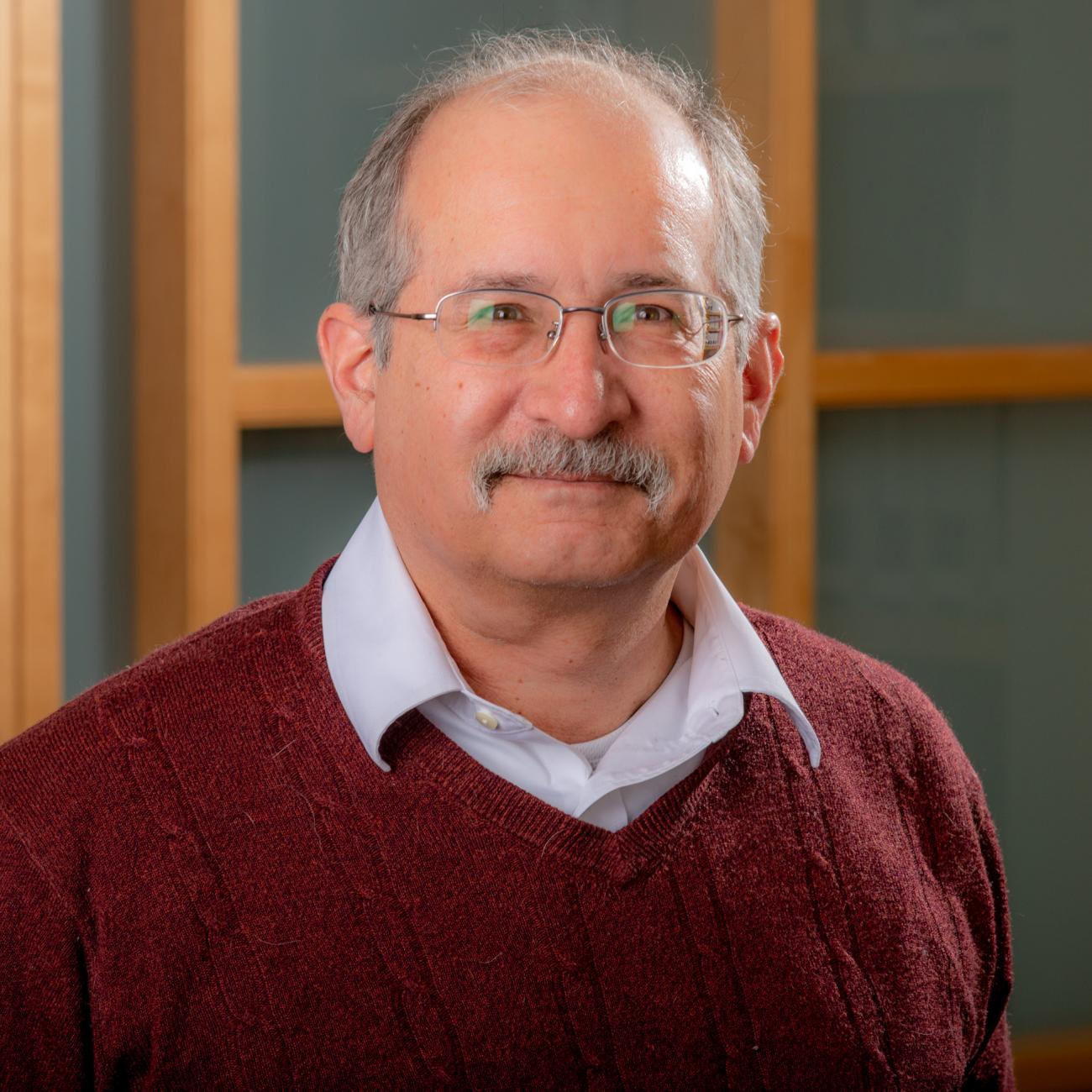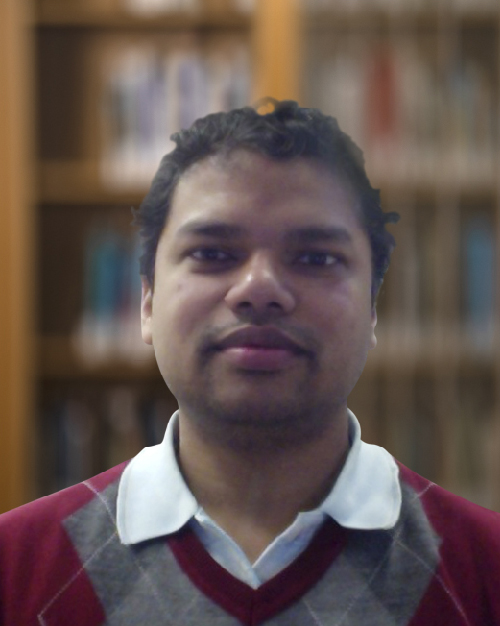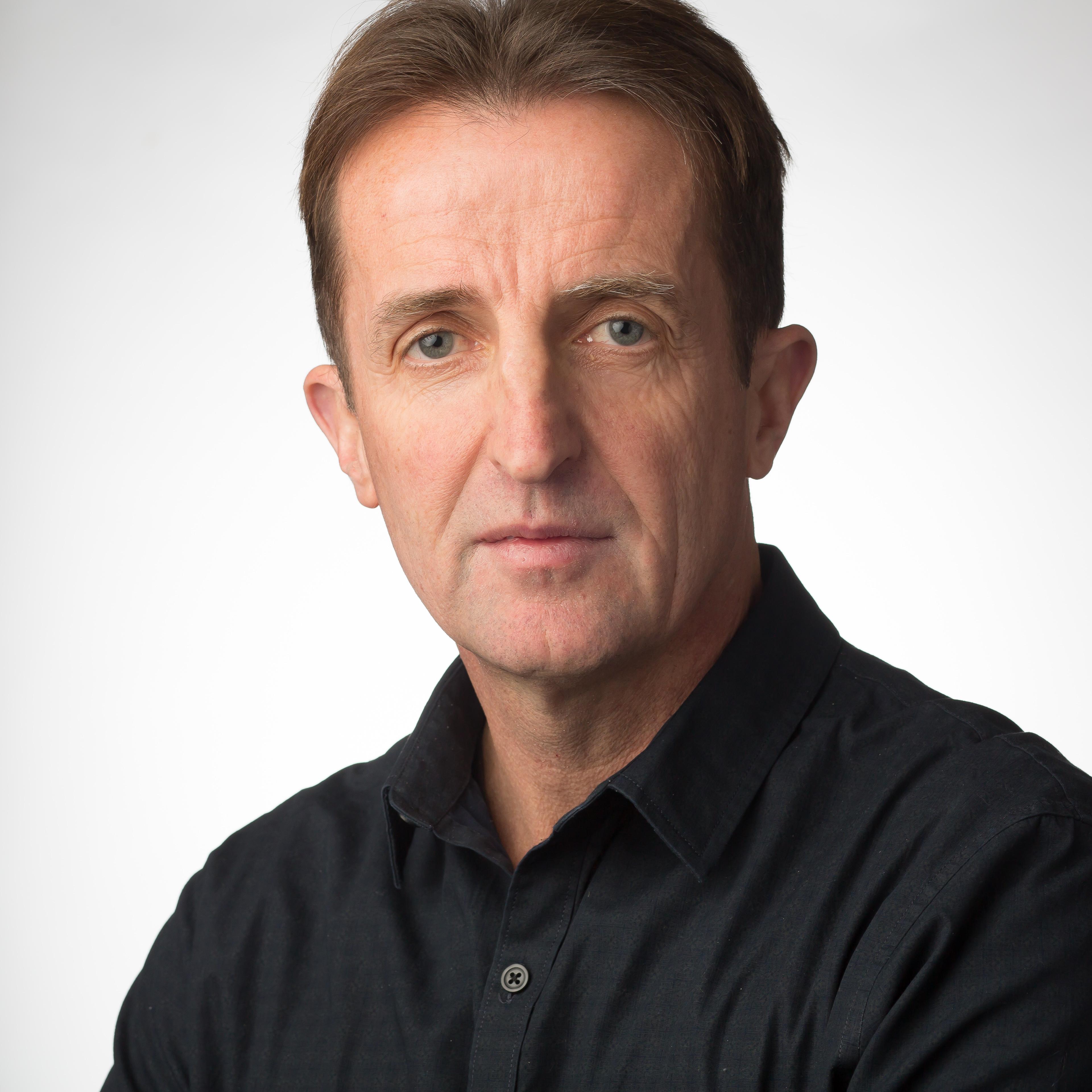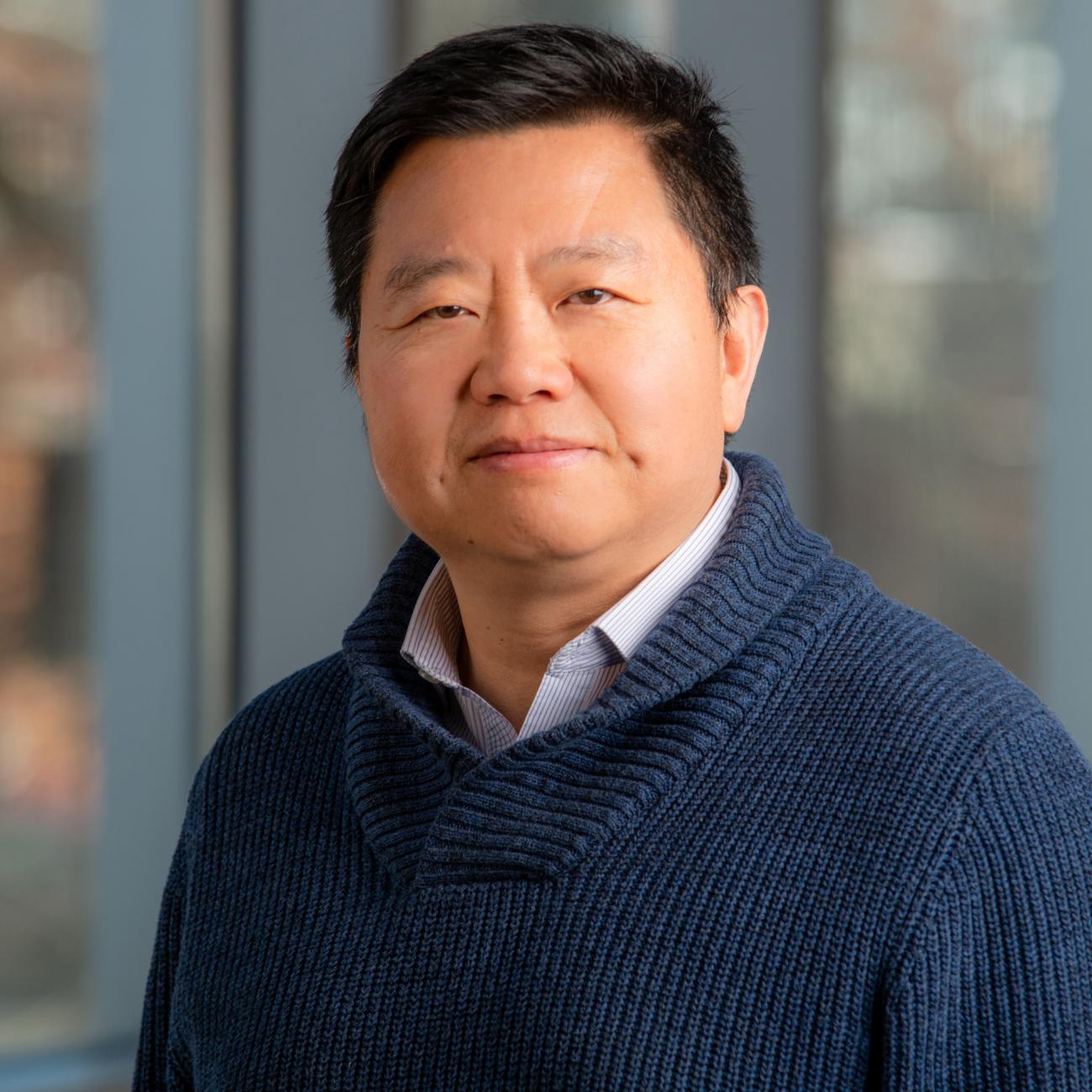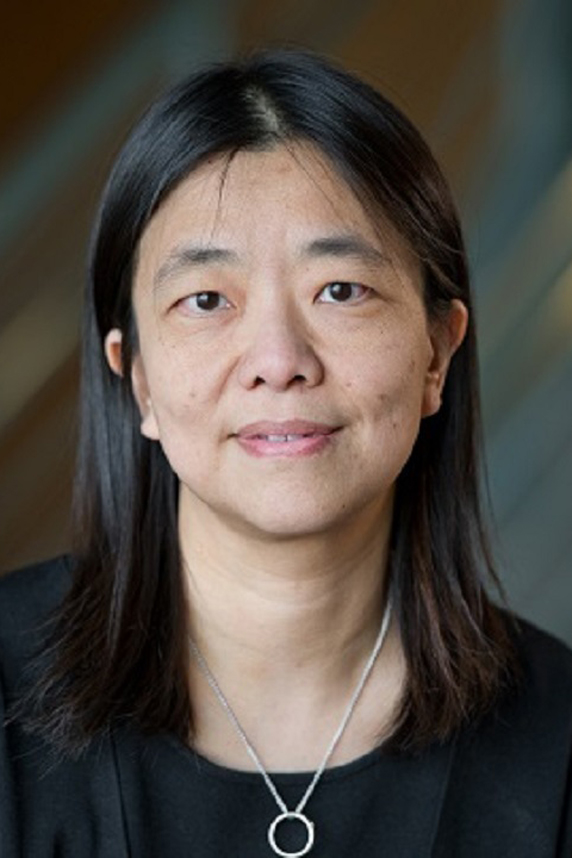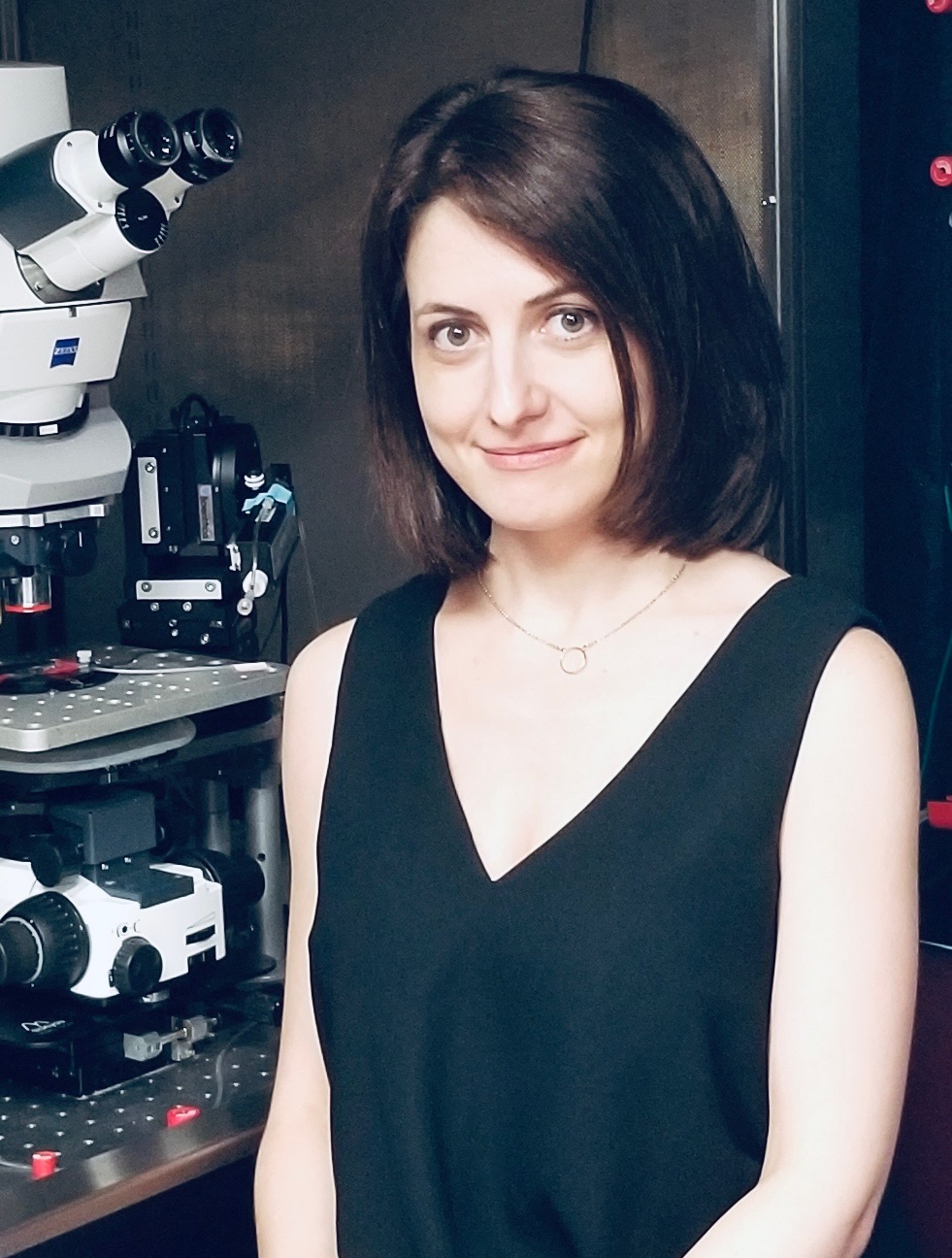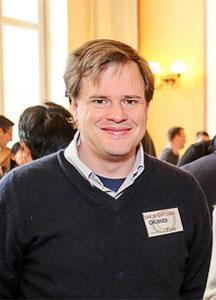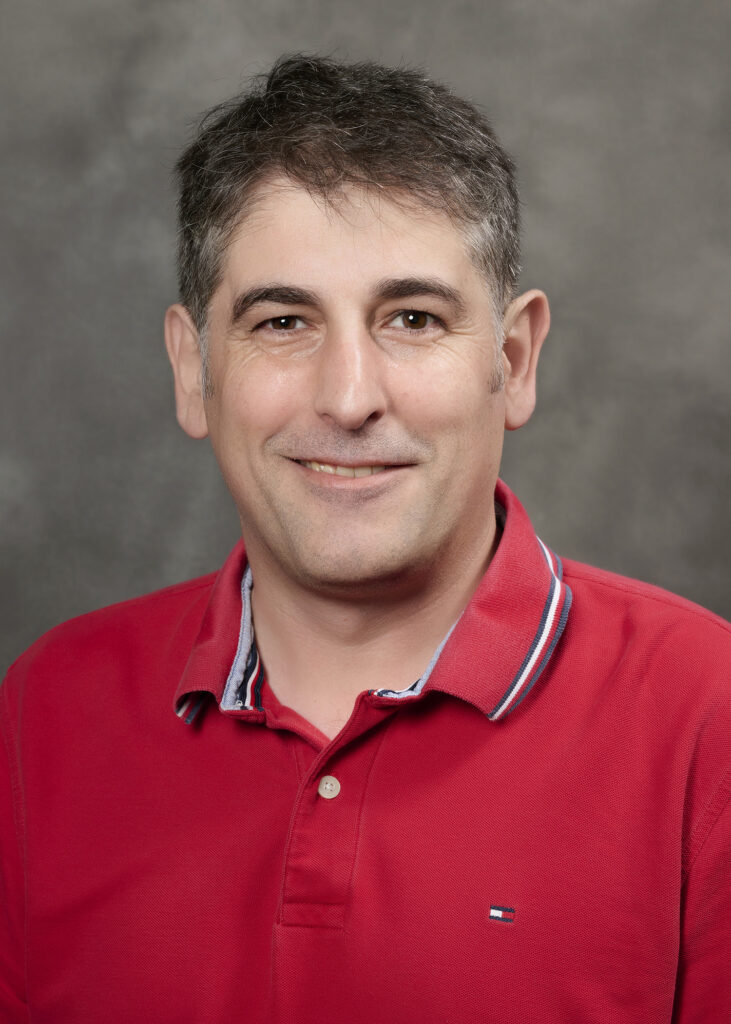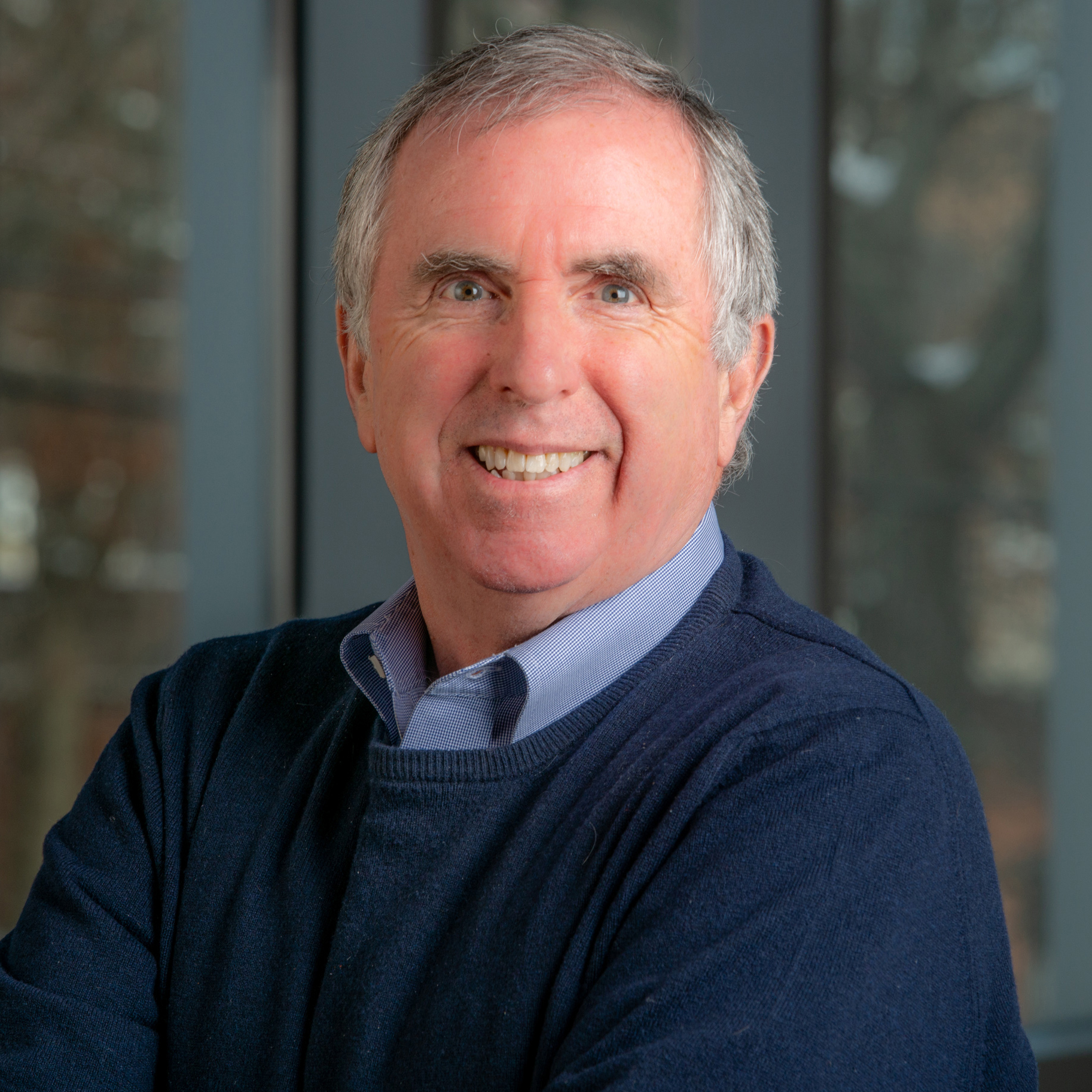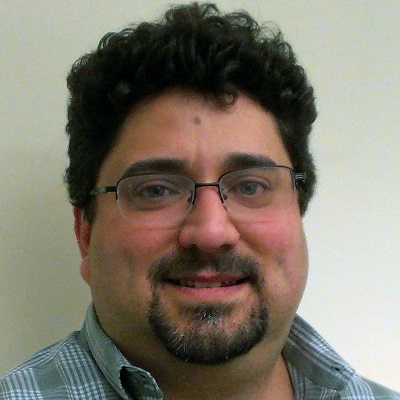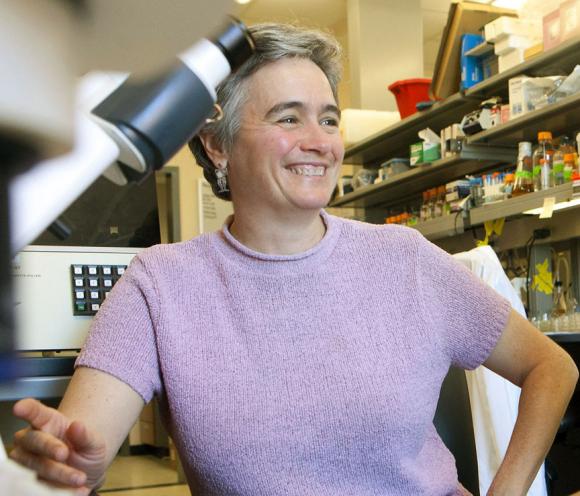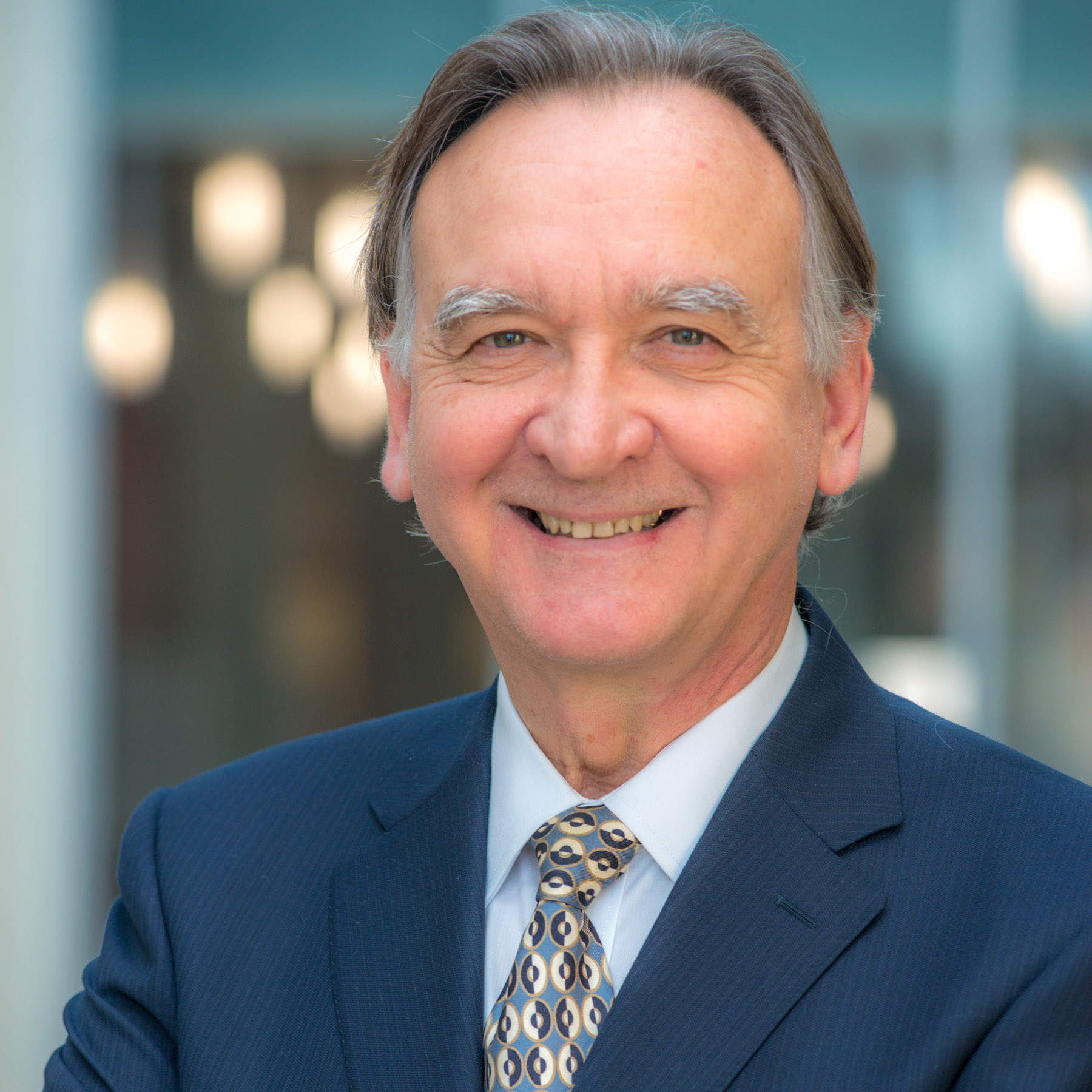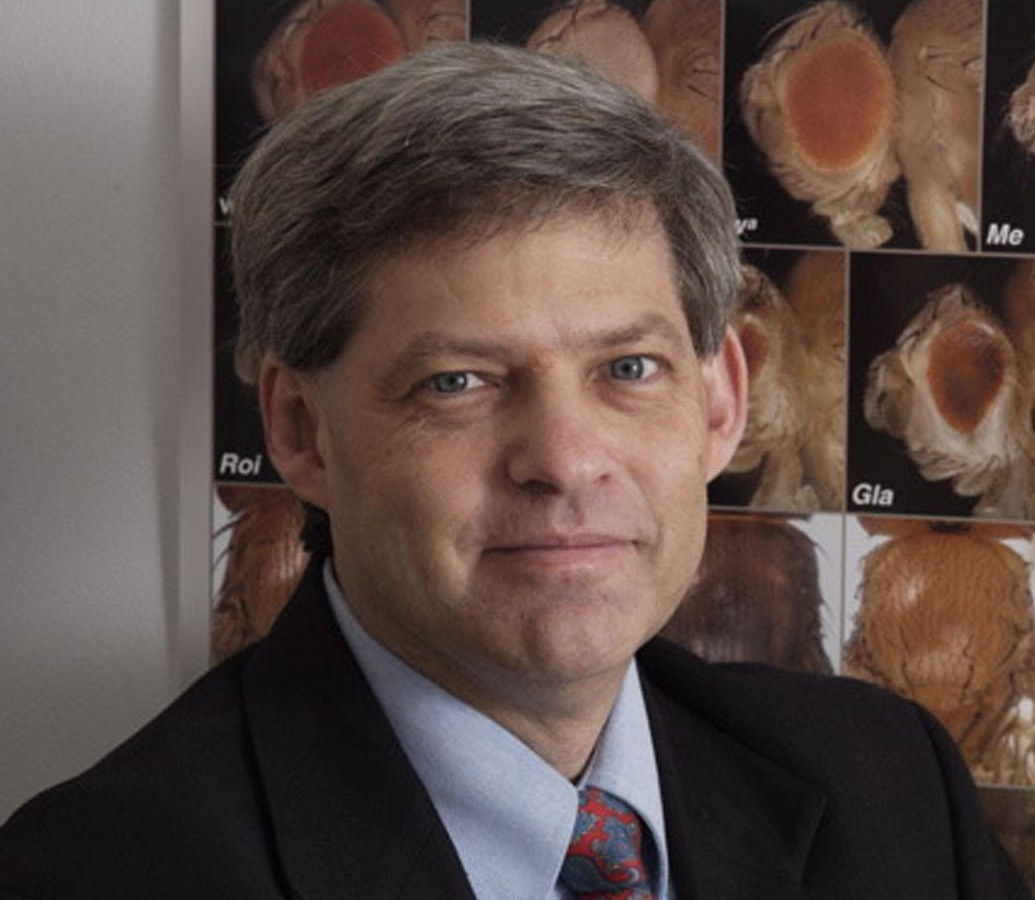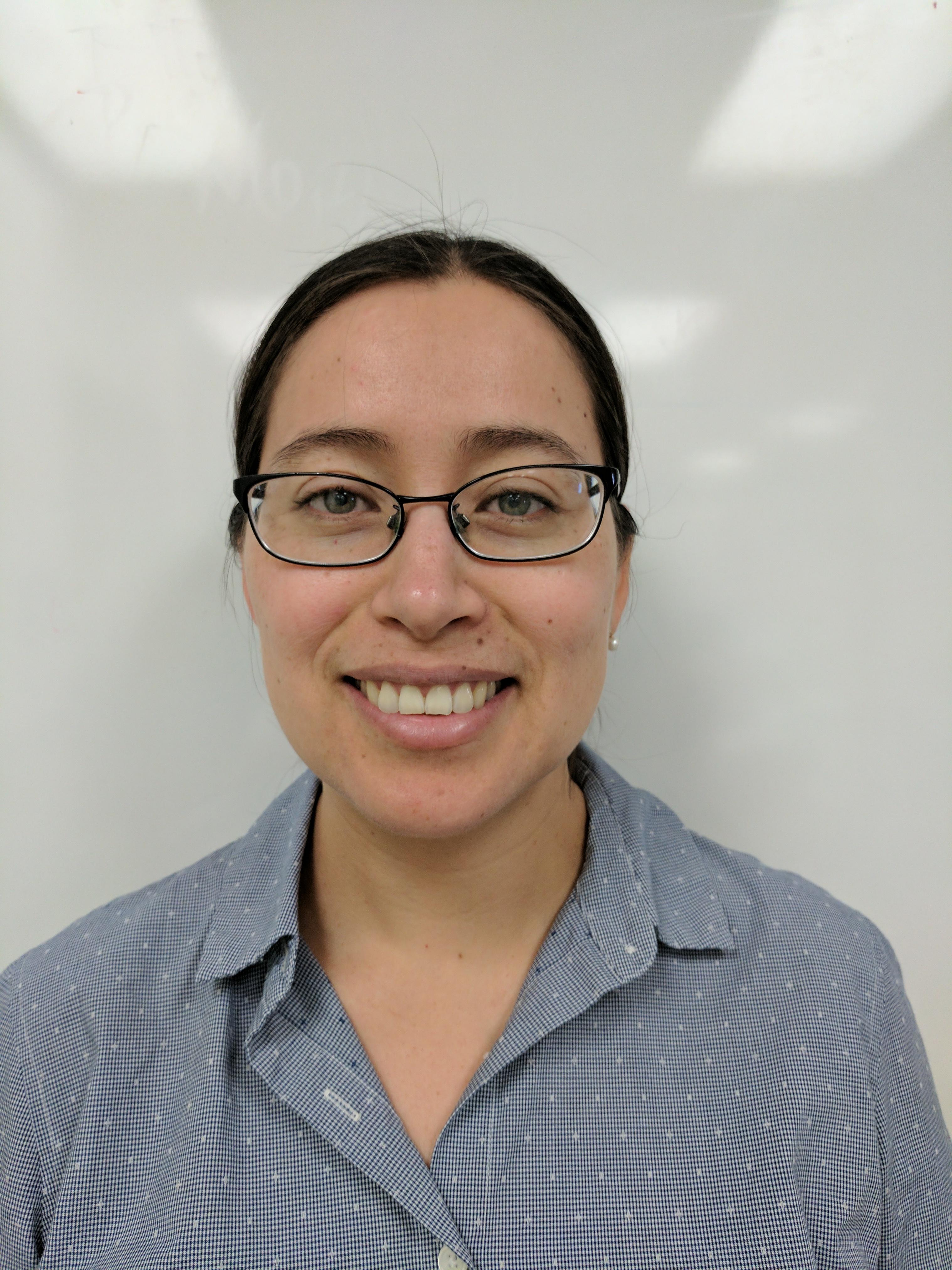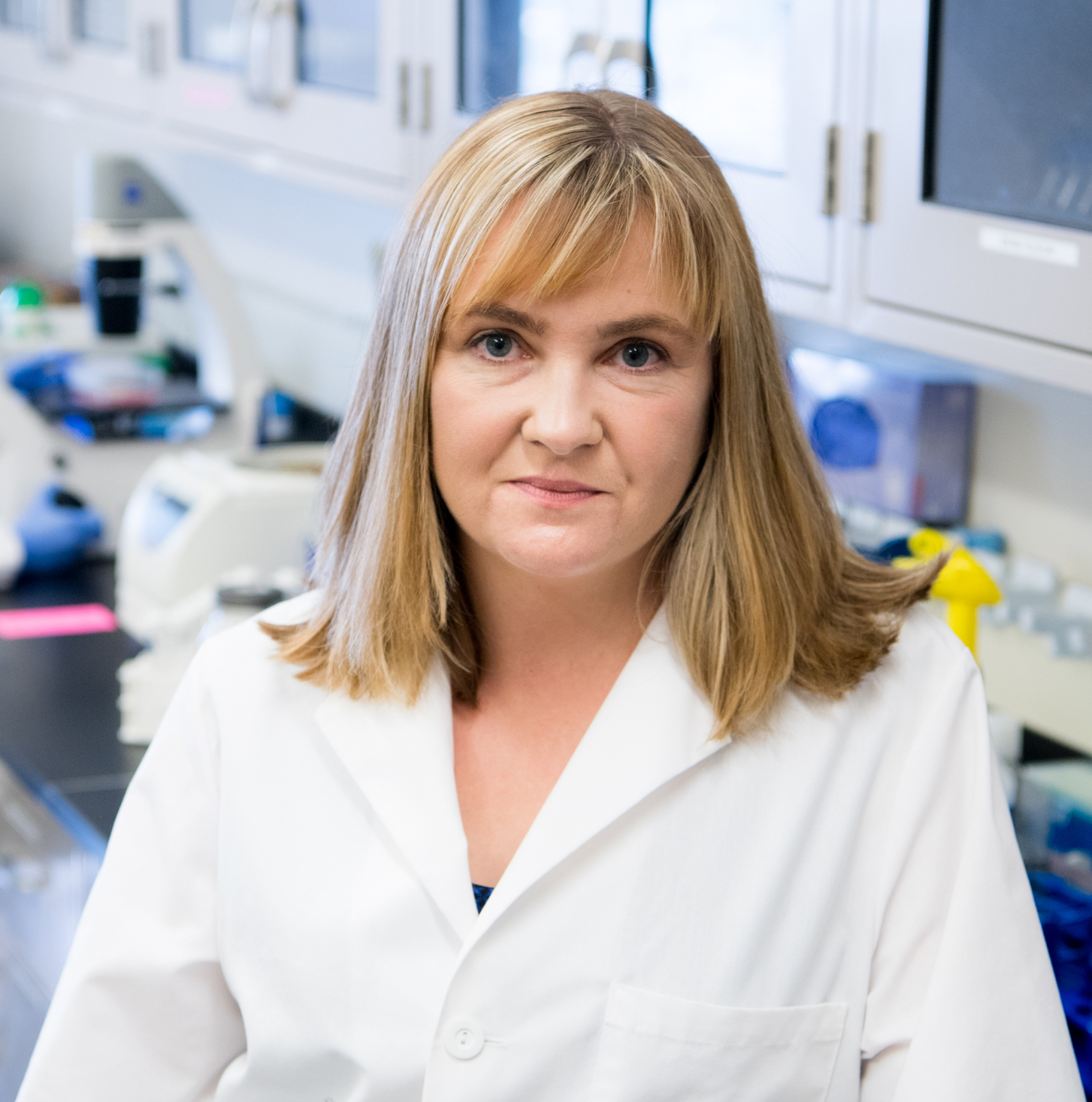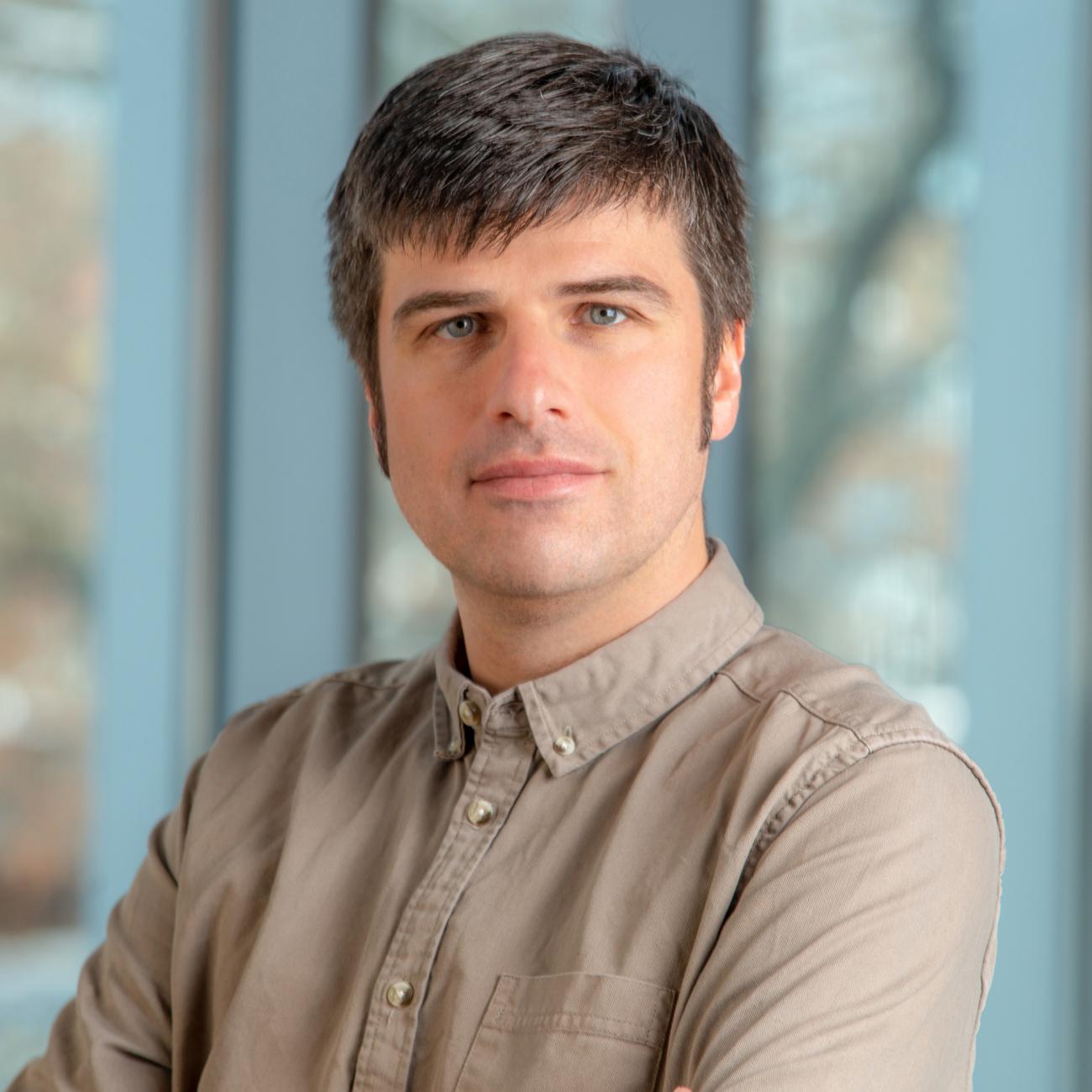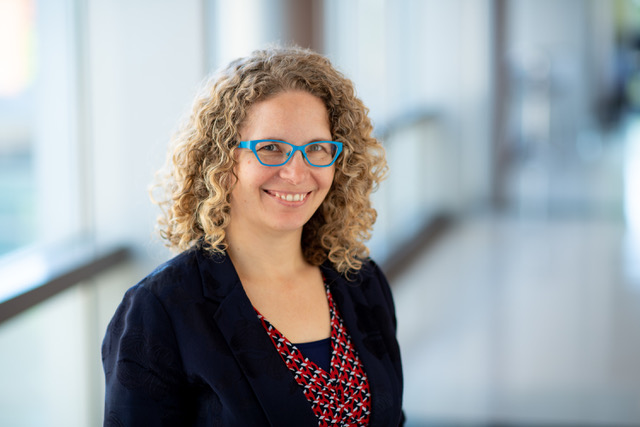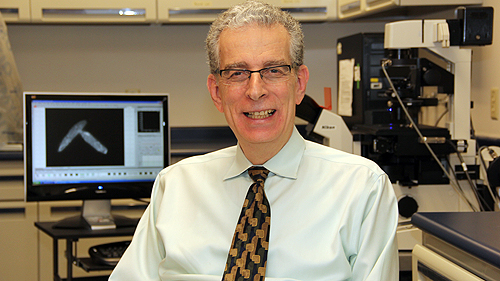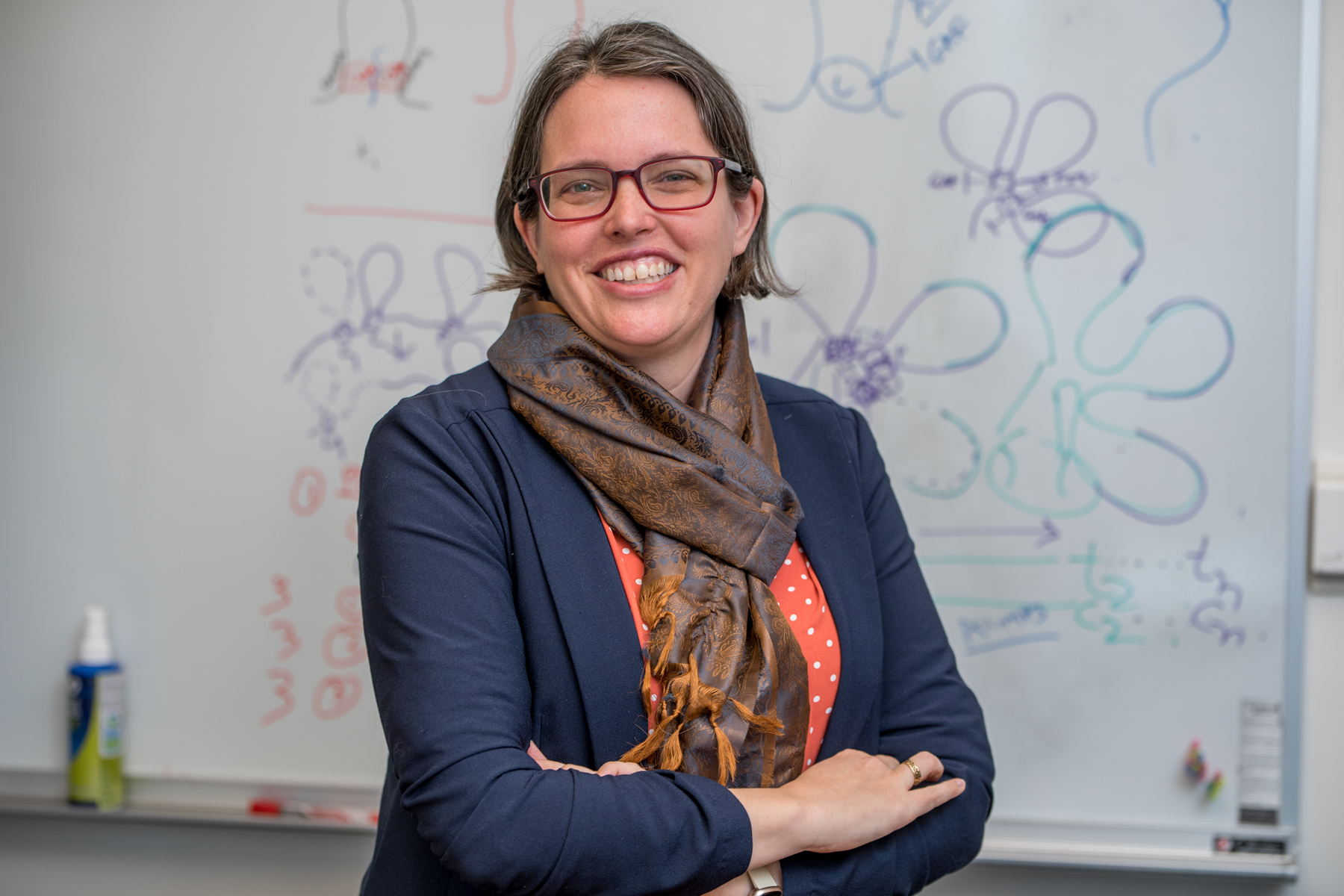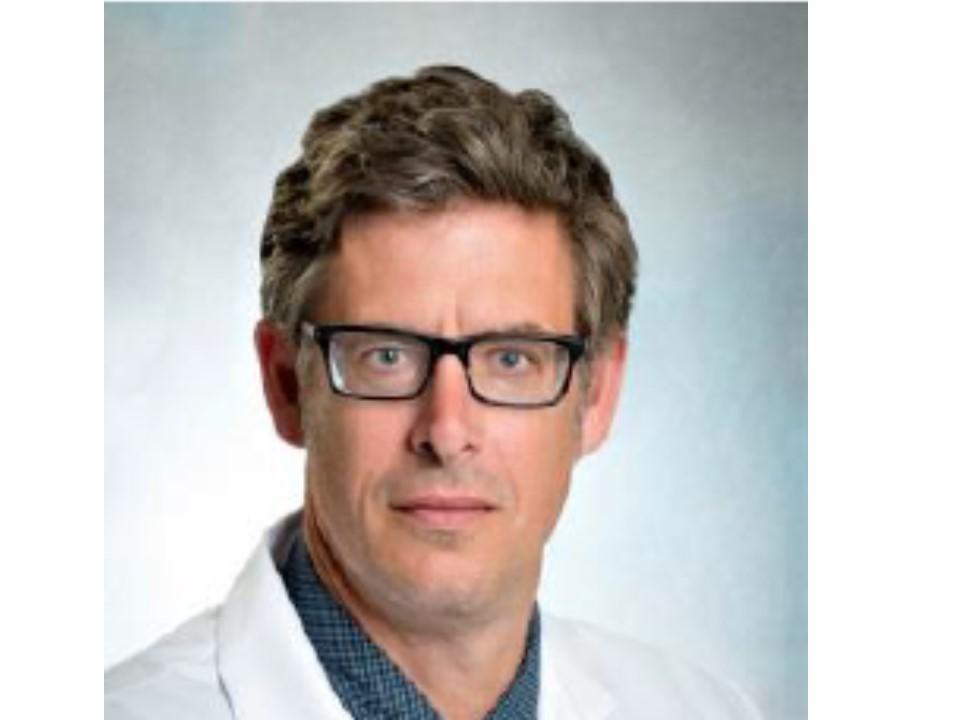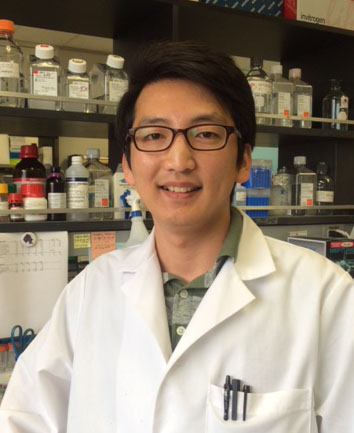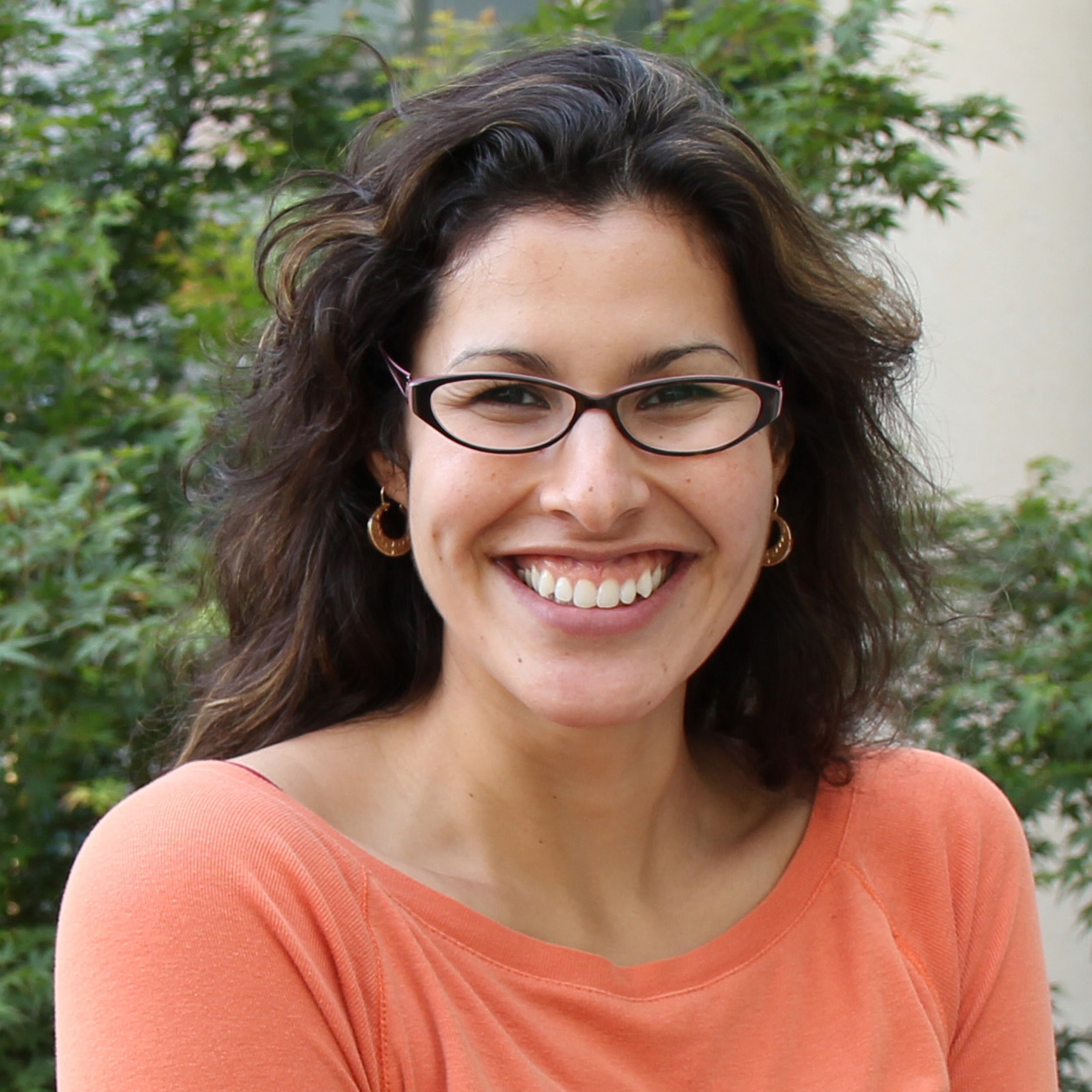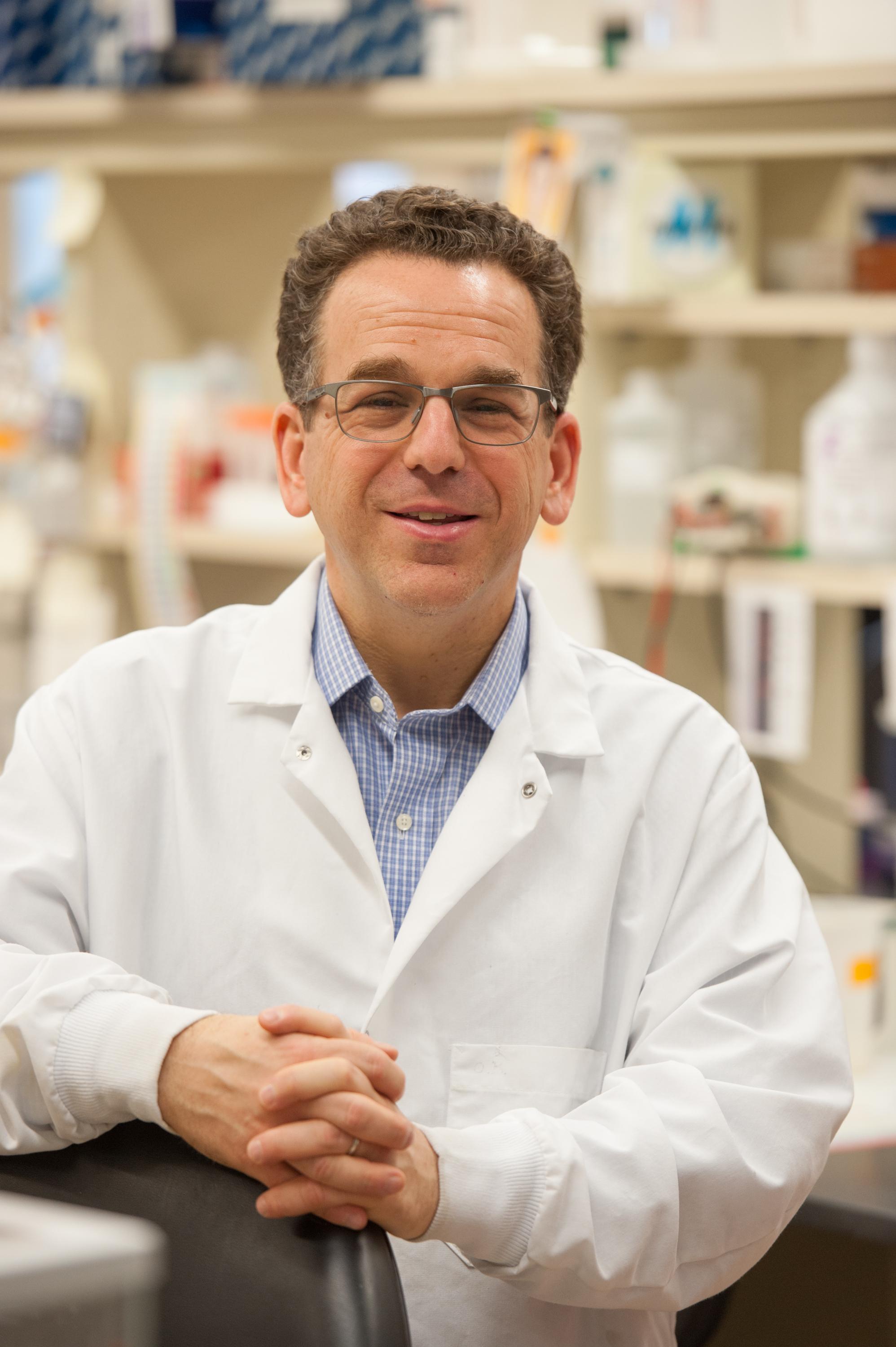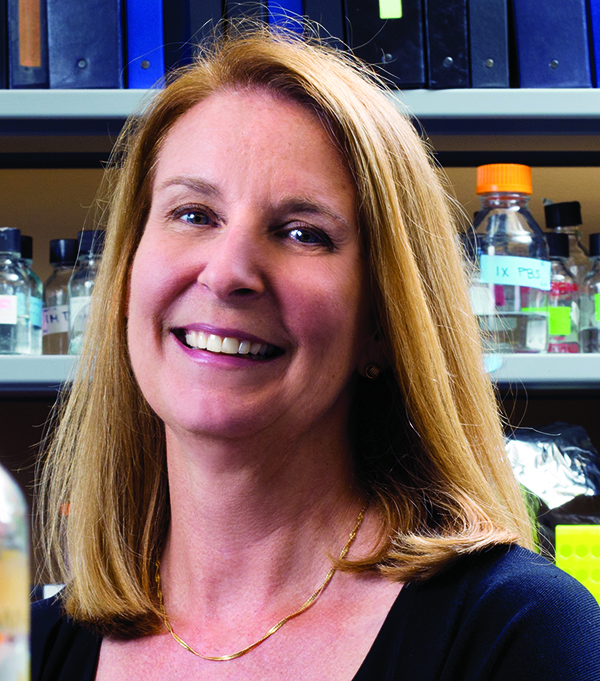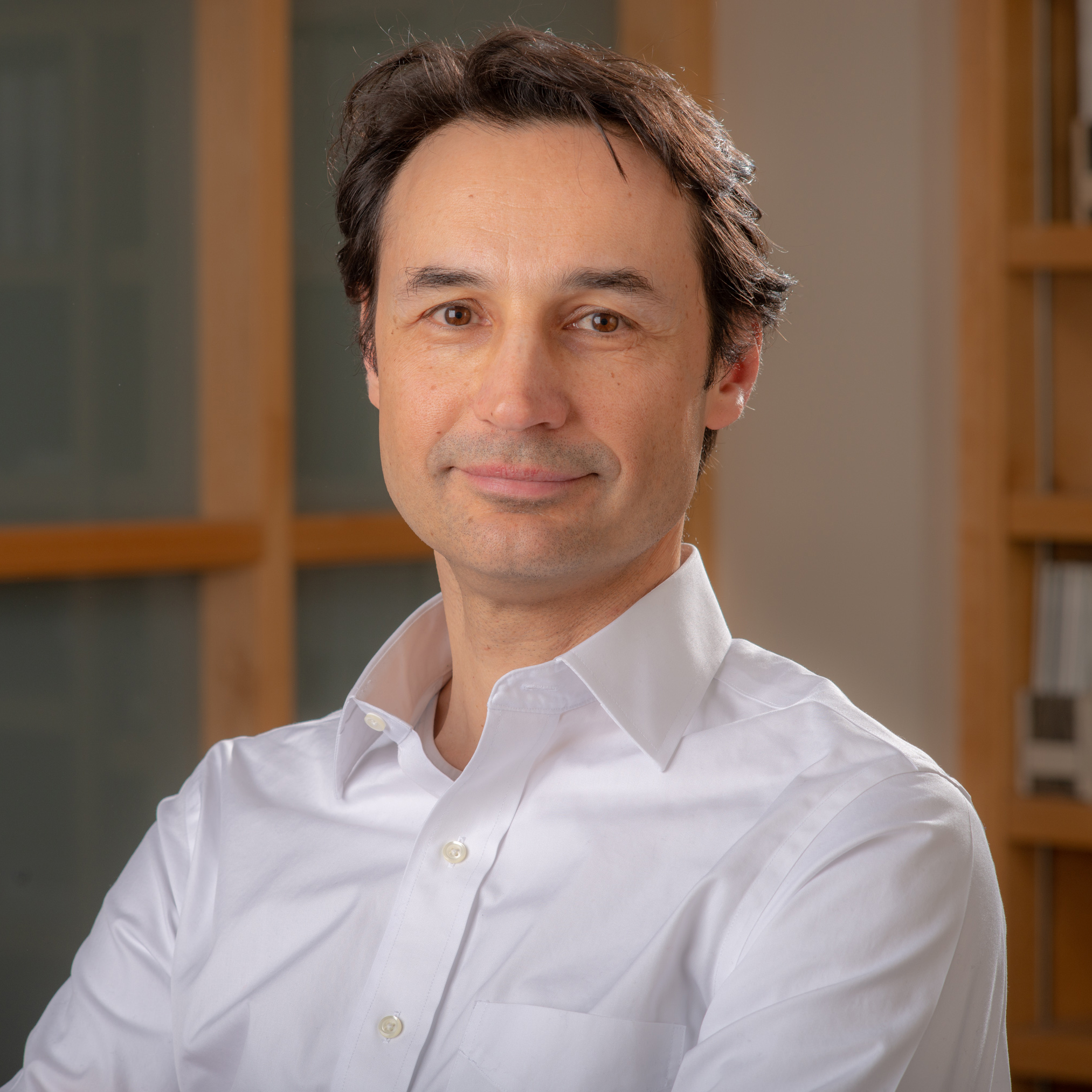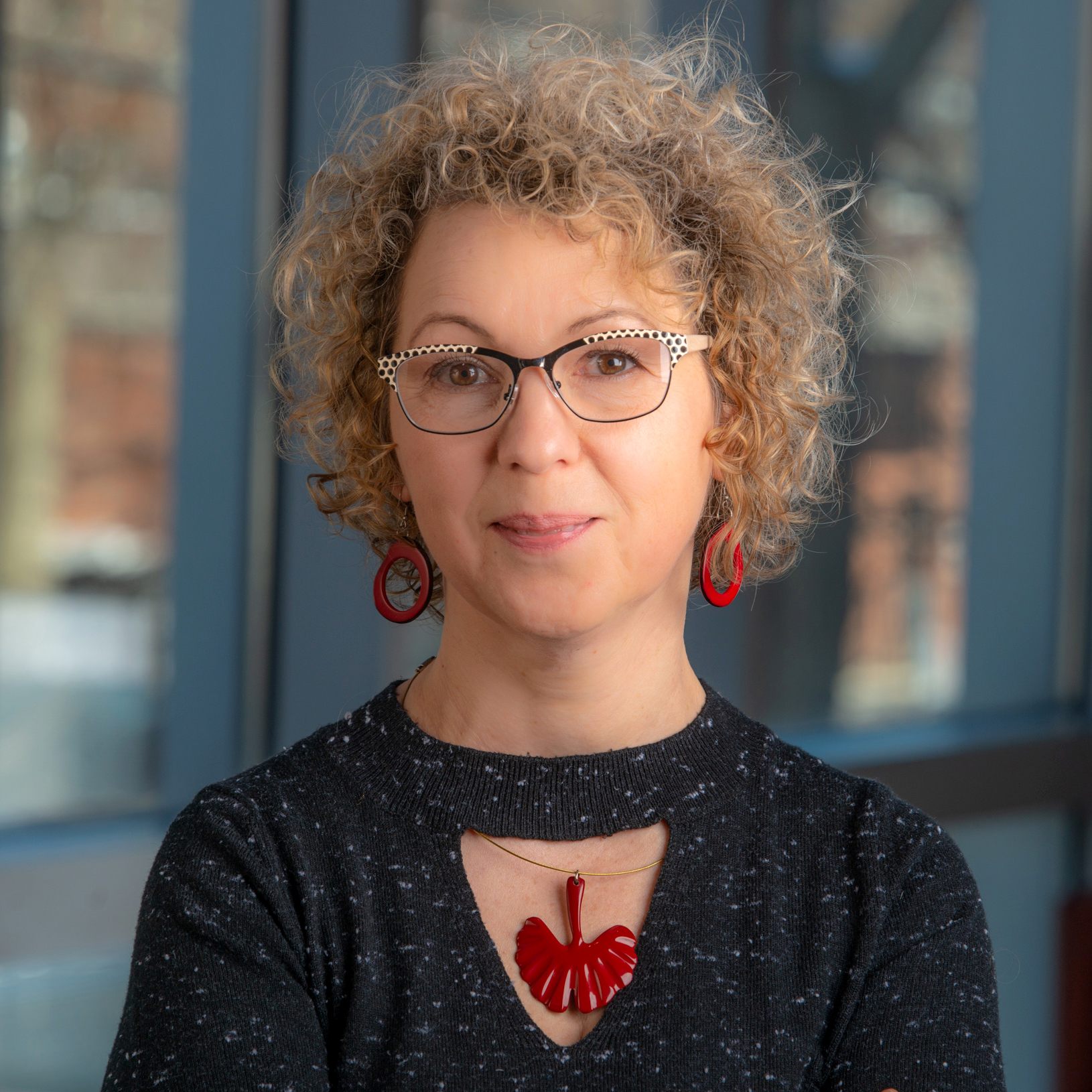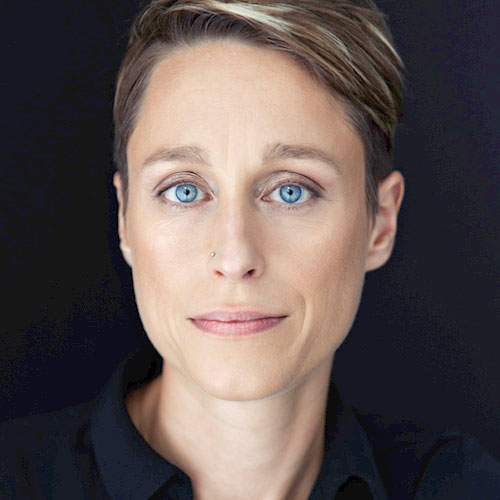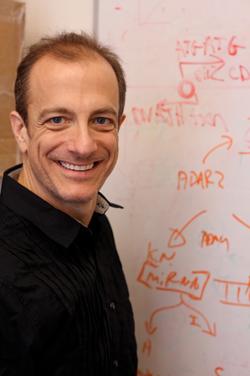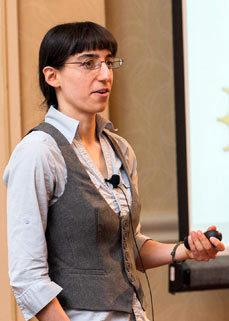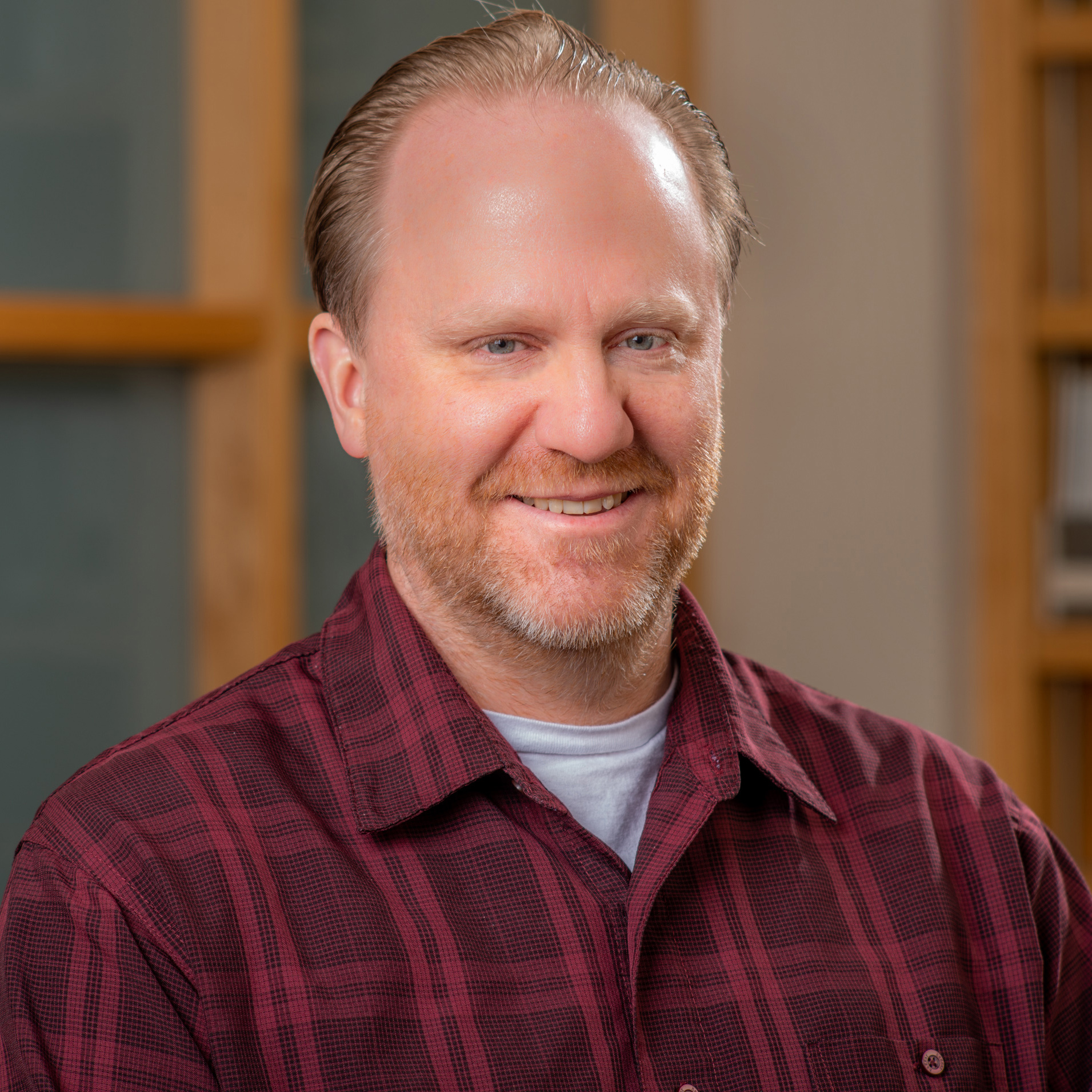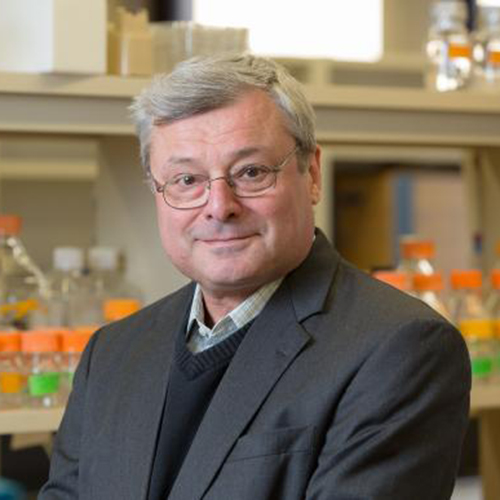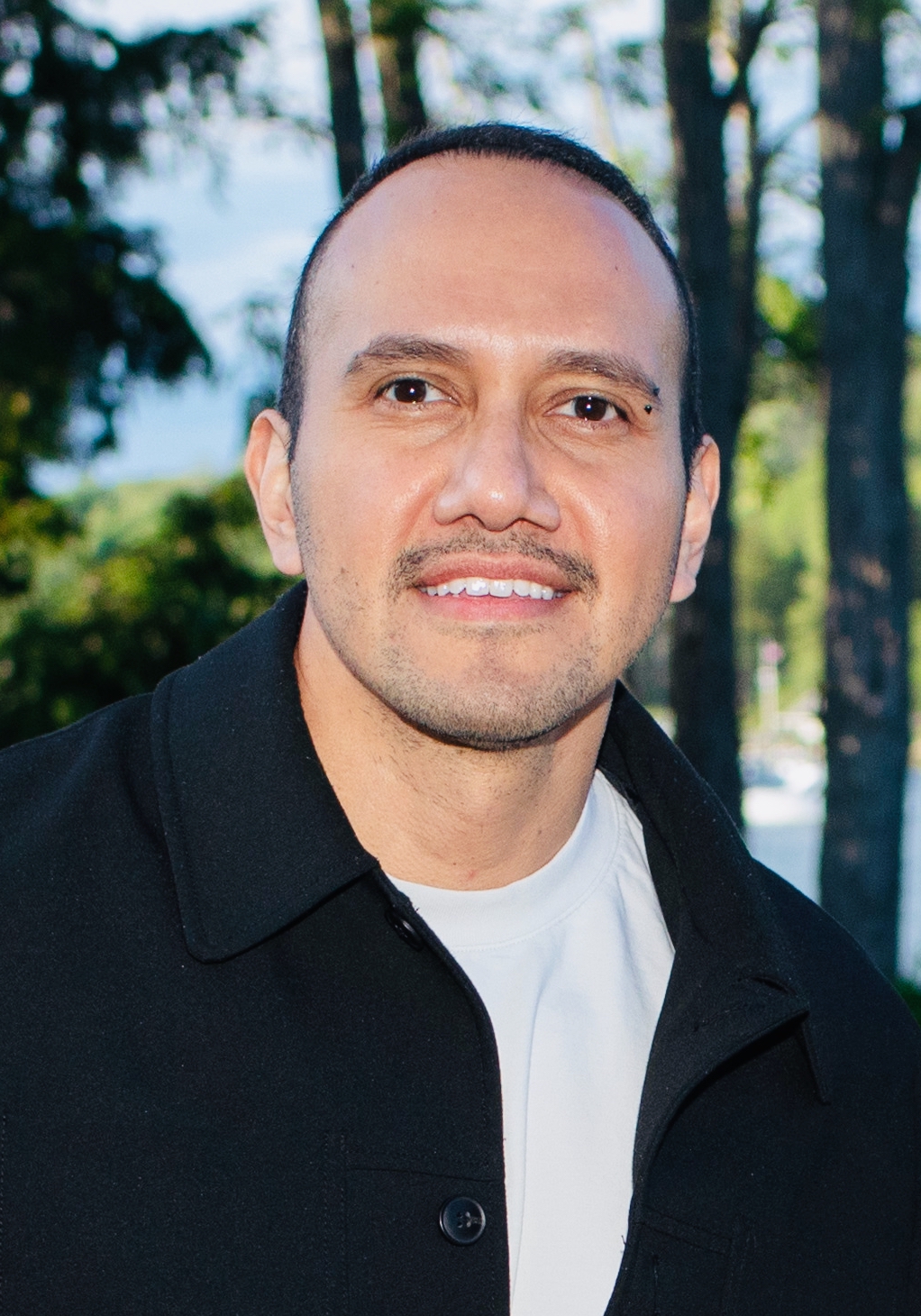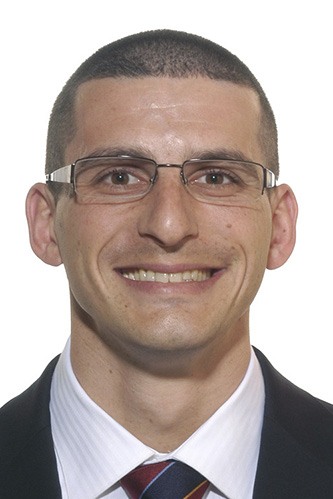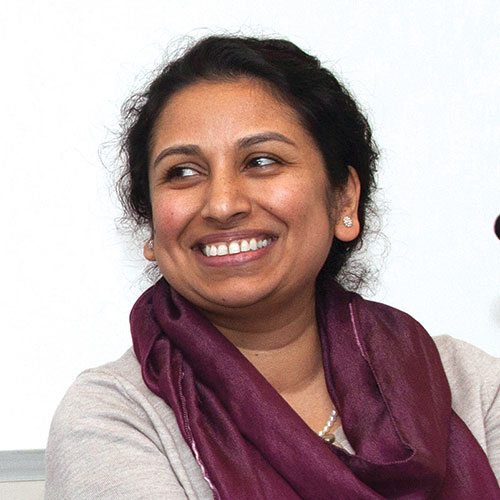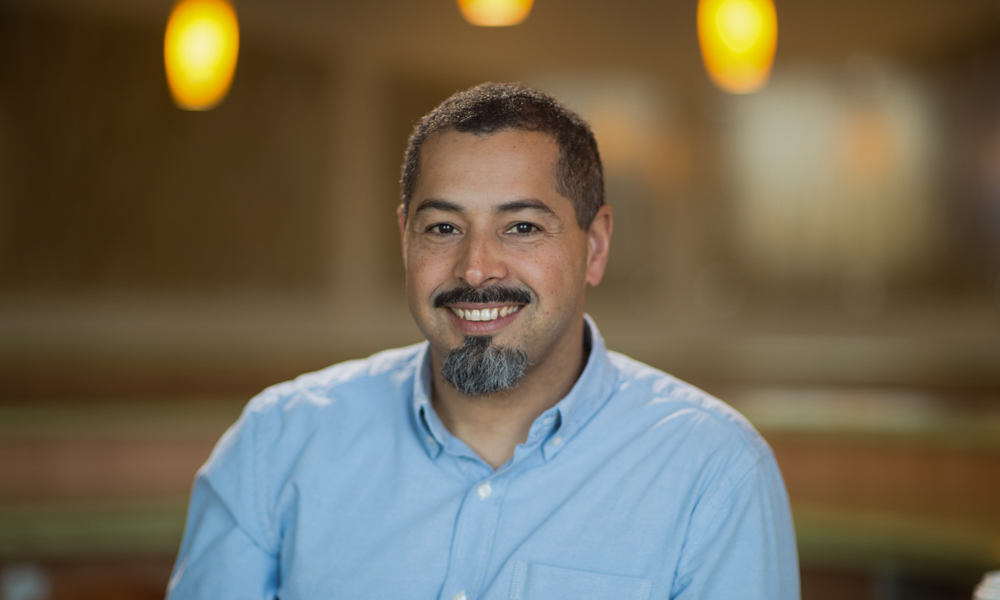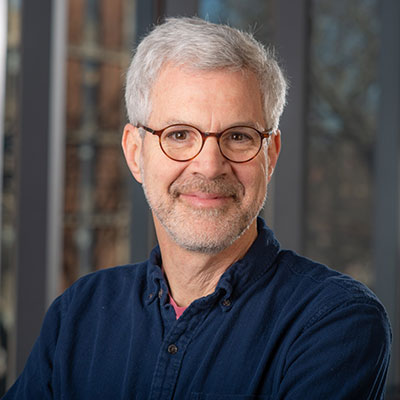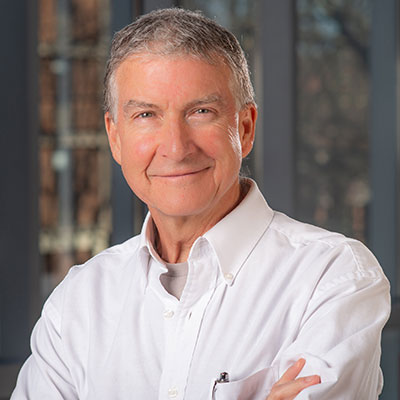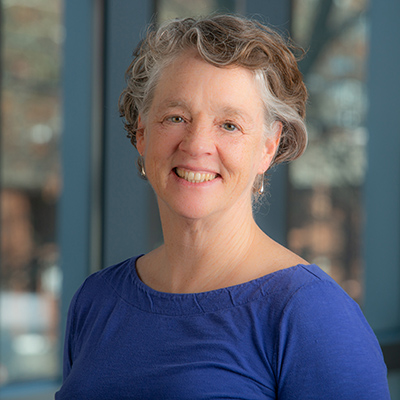Faculty
-
Assistant Professor, Robert J. and Nancy D. Carney Assistant Professor of Brain Science, Department of Neuroscience
Research Area(s): Cell Signaling; Neurogenetics; Protein DynamicsResearch interests: Protein engineering, fluorescence imaging, and advanced genetic approaches to visualize and study the brain.
-
George D. Eggleston Professor of Biochemistry
Sidney Frank Hall, Room 252/235 (lab)
Research Area(s): Biology of Aging; Cell Signaling; Host-Pathogen InteractionsResearch Interests: Mechanisms underlying heart and skeletal muscle diseases, with a primary focus on the role of RNA-binding proteins in regulating the expression of pathologic genes during stress challenges.
-
Professor of Molecular Biology, Cell Biology and Biochemistry
-
Associate Professor of Neuroscience (Research), Associate Professor of Brain Science (Research)
Research Area(s): NeurogeneticsResearch Interests: Elucidating cell-specific mechanisms of neuronal activity and drug action including opioids and cannabinoids
-
Professor, Molecular, Cellular Biology Biochemistry
+1 401 863 3116
Research Area(s): Cell Signaling; Host-Pathogen InteractionsResearch Interests: Pathogenesis of the human polyomaviruses, JC Virus (JCV) and BK Virus (BKV)
-
Professor of Surgery (Research), Department of Surgery
Research Area(s): Cell Signaling; Development; Host-Pathogen Interactions -
Professor, Department of Neuroscience
+1 401 863-3126
Research Area(s): Cell Signaling; Development; NeurogeneticsResearch interests: We develop and use a combination of tools to study how neural circuits process sensory information about the environment and integrate it with information about the internal state of the animal to produce the appropriate behavioral responses to the changing environment. We use mice and fruit flies as models.
-
Associate Professor, Department of Pathology and Laboratory Medicine
+1 401 863 3478
Research Area(s): Cell Signaling; Host-Pathogen InteractionsResearch interests: Molecular mechanisms of mammalian metal homeostasis
-
Associate Professor , Department of Molecular Microbiology and Immunology
+401 863 5954
Research Area(s): Cell Signaling; Host-Pathogen InteractionsResearch interests: Metabolic and genetic responses of the microbiome to antimicrobial medicines
-
Professor, Molecular Microbiology and Immunology
401-863-6341
Research Area(s): Cell Signaling; Development; Host-Pathogen InteractionsResearch Interests: Biology of the human pathogen Candida albicans; mechanisms of fungal pathogenesis
-
Assistant Professor, Molecular Microbiology and Immunology
Research Interests: Mucosal T lymphocyte biology. His goal is to improve fundamental understanding of memory T cell differentiation and function in the barrier mucosae so as to design better vaccines and therapies to advance human health.
-
Professor, Department of Molecular Microbiology and Immunology
Research Area(s): Host-Pathogen InteractionsResearch Interests: Pathobiology, NK T cells and NK cell immune responses.
-
Assistant Professor of Molecular Microbiology and Immunology
Sidney Frank Hall, Room 265
Research Area(s): Biology of Aging; Cell Signaling; Host-Pathogen InteractionsResearch Interests:By employing rigorous integrative approaches, the Chellappa Lab seeks to understand the dynamic role of metabolism in driving complex phenotypes such as aging. Her lab also investigates the cross-kingdom chemical communications between the host and the trillions of co-existing microorganisms in mammals.
-
Professor, Department of Orthopedics
Research Area(s): Biology of Aging; Cell Signaling; DevelopmentResearch interests: Cartilage and bone development; orthopedics.
-
Professor of Molecular Biology, Cell Biology and Biochemistry
-
Assistant Professor of Neuroscience
-
Professor of Medical Science (Research), Department of Molecular Biology, Cell Biology and Biochemistry
Research Area(s): Biology of Aging; Cell Signaling; Development -
Associate Professor, Molecular Biology, Cell Biology and Biochemistry
Research Area(s): Cell Signaling; DevelopmentResearch Interests: Her group studies cell biophysical properties that regulate cell-cell and cell-matrix interactions in cancer. Her current work is largely focused on studying the role of aging and therapy induced changes in the tumor microenvironment on cancer progression.
-
Associate Professor, Department of Molecular Microbiology and Immunology
Research Area(s): Cell Signaling; Host-Pathogen InteractionsResearch Interests: The mechanisms protozoan parasites employ to generate the wide variety of cellular morphologies these organisms use to survive within their hosts.
-
Professor, Department of Chemistry
Research Area(s): Biology of Aging; Protein DynamicsResearch Interests: Establishing a chemically logical roadmap to understand how DNA damage relates to genetic change and human disease.
-
Associate Professor of Biology, Department of Molecular Biology, Cell Biology and Biochemistry
Research Area(s): Cell Signaling; DevelopmentResearch Interests: Gaining insight into the functions of protein phosphatase 2A (PP2A), an enzyme that performs important roles in phosphorylation circuits governing growth, morphogenesis and cell fate.
-
Professor, Department of Pediatrics
Research Area(s): Cell Signaling; DevelopmentResearch Interests: Understanding mechanisms of neonatal lung injury and repair
-
Mencoff Family RNA Research Professor of Molecular Biology, Cell Biology, and Biochemistry
-
Associate Professor of Medicine
Research Area(s): Biology of AgingOur research is focused on interrogating the effects of aging-related chronic inflammation on the malignant transformation of hematopoietic stem cells leading to development of blood neoplasms and other hematologic pathologies.
-
Professor of Biology, Department of Molecular Biology, Cell Biology and Biochemistry
Research Area(s): Computational Biology; NeurogeneticsResearch Interests:Developing high- throughput genomic techniques to identify functional cis-elements in the genome.
-
Professor, Department of Neuroscience
Research Interests: Regulation of adult neural and muscle stem cells. Molecular mechanisms and development of therapeutics targeting these cells to promote adult hippocampal neurogenesis and muscle growth.
-
Professor of Medical Science, DEPARTMENT OF MOLECULAR BIOLOGY, CELL BIOLOGY, AND BIOCHEMISTRY
Research Area(s): Biology of Aging; Protein DynamicsResearch Interests: Determining the structure, dynamics, interactions of large assemblies of intrinsically disordered proteins; protein aggregates implicated in Alzheimer’s Disease; liquid-liquid phase separated forms of RNA-binding proteins associated with inclusion formation in amyotrophic lateral sclerosis (ALS / Lou Gehrig's disease) and frontotemporal dementia.
-
Professor of Brain Science, Department of Neuroscience
Research Area(s): NeurogeneticsResearch Interests: Neural circuit generation of sensory perception and behavior.
-
Professor of Medical Science, Department of Molecular Biology, Cell Biology and Biochemistry
Research Area(s): Biology of Aging; DevelopmentResearch Interests: Fundamental mechanisms of transcriptional regulation in mammalian development and human disease.
-
Professor of Molecular Biology, Cell Biology and Biochemistry, Director of the Center for Alzheimer’s Disease Research
Research Area(s): Biology of Aging; Neurogenetics -
Assistant Professor of Obstetrics and Gynecology (Research)
Kilguss Research Institute Room 108
Research Area(s): Biology of Aging; Development; Protein DynamicsResearch Interests: Ovarian development and function, female reproductive health, oncofertility
-
Professor, Department of Neuroscience
Research Area(s): Cell Signaling; Development; NeurogeneticsResearch Interests: Molecular and cellular mechanisms underlying neurological disease
-
Professor of Medical Science
Research Area(s): Cell SignalingResearch Interests: The understanding of the structure and function of nicotinic acetylcholine receptors and of the neurotoxins that target these important receptors.
-
Professor of Biology, Department of Molecular Biology, Cell Biology and Biochemistry
Research Area(s): Biology of Aging; Development; NeurogeneticsResearch Interests: Understanding the molecular genetic mechanisms underlying aging and longevity using the model system, Drosophila melanogaster.
-
Assistant Professor of Molecular Biology, Cell Biology and Biochemistry
Research Interests: Molecular biology of Alzheimer's disease and aging, aided by new modeling tools developed in his laboratory.
-
Associate Professor, Department of Ecology and Evolutionary Biology
Research Area(s): Computational BiologyResearch Interests: Scanning human genomes from different populations to detect mutations in genes that have helped humans adapt to different environments like different diets, temperatures, pathogens and altitudes.
-
Associate Professor, Department of Molecular Microbiology and Immunology
401-863-9775
Research Area(s): Cell Signaling; Computational Biology; Host-Pathogen InteractionsMy lab is interested in the interplay of multiple simultaneous innate immune responses at a systemic, cellular, and molecular level.
-
Associate Professor, Department of Neuroscience
Research Area(s): Cell Signaling; Development; NeurogeneticsResearch Interests: Molecular and cellular mechanisms of brain wiring
-
Associate Professor of Biology, Department of Molecular Biology, Cell Biology and Biochemistry
Research Area(s): Cell Signaling; Protein DynamicsResearch Interests: We use X-ray crystallography as our main research tool (together with biochemical and biophysical approaches) to study the structure and function of proteins and macromolecular complexes such as the ribosome.
-
Professor of Biology, Department of Molecular Biology, Cell Biology and Biochemistry
Research Area(s): Cell Signaling; DevelopmentResearch Interests: Mark's laboratory is focused on understanding the molecular basis for cellular communication. They focus on flowering plant reproduction because this process is essential for agricultural productivity and because it relies on an elaborate dialogue between experimentally tractable cells.
-
Associate Professor, Department of Neuroscience
Research Area(s): Development; NeurogeneticsResearch Interests: We investigate how memories for appetitive stimuli are encoded in the brain and how drugs of abuse affect the molecular pathways in these circuits to result in aberrant motivational response. We combine genetics, behavior, in vivo imaging in behaving animals, molecular biology and biochemistry to address this.
-
Professor, Department of Medicine
Research Area(s): Biology of Aging; Cell Signaling; DevelopmentResearch Interests: My research program is aimed at the understanding of the pathogenesis of cardiac arrhythmias.
-
Professor (Research), Department of Molecular Biology, Cell Biology and Biochemistry
Research Area(s): Biology of Aging; Cell Signaling; Development -
Associate Professor, Department of Molecular Biology, Cell Biology and Biochemistry, Director, Computational Biology Graduate Program
Research Area(s): Biology of Aging; Computational Biology; DevelopmentResearch Interests: Sex differences in aging, coordinated regulation of synaptic genes, computational biology
-
Associate Professor of Pathology and Laboratory Medicine
The main interests of the Lawler lab at present are 1) Drug delivery across the blood-brain barrier for cancer treatment in the brain, 2) Harnessing innate immune mechanisms to enable the effective application of immunotherapies for brain cancer, and 3) understanding the effects of a common pathogen, cytomegalovirus, on the growth of the malignant brain tumor glioblastoma.
-
Assistant Professor, Molecular Microbiology and Immunology
Research Area(s): Cell Signaling; Host-Pathogen InteractionsResearch interest: Host-Virus interaction in cells and animals. Immune responses controlling viral infection and viral counteractions.
-
Professor, Department of Molecular Microbiology and Immunology
Research Area(s): Cell Signaling; Development; Host-Pathogen InteractionsResearch Interest: My role in basic and clinical research has largely derived from my position as Director of the Molecular Biology Core in the Section of Pulmonary Medicine.
-
Assistant Professor of Molecular Biology, Cell Biology, and Biochemistry
Research Interests: My lab develops advanced single-molecule imaging techniques to study the spatial regulation of gene expression in cells.
-
Professor, Department of Neuroscience
Research Area(s): Cell Signaling; NeurogeneticsResearch Interests: I study the expression, regulation, and function of voltage-gated calcium ion channels in different regions of the nervous system. I am also interested in their role in chronic pain and psychiatric disorders.
-
Associate Professor, Department of Molecular Biology, Cell Biology and Biochemistry
Research Area(s): Protein DynamicsResearch Interests: Structural biology, Allostery, NMR spectroscopy, Biochemistry
-
Associate Professor, Department of Molecular Biology, Cell Biology and Biochemistry
Sidney Frank Hall 168/171
Research Area(s): Biology of Aging; Cell Signaling; Development; NeurogeneticsResearch Interests: Neurodevelopmental disorders with a focus on autism.
-
Assistant Professor of Biostatistics
-
Professor of Pathology and Laboratory Medicine
Coro Center, 1 Hoppin Street
Research Interests: In my laboratory, we aim to understand the fundamental biology of cancer progression and, in particular, to comprehend how tumors become highly aggressive, develop resistance to therapies, and eventually become metastatic.
-
ROBERT J. AND NANCY D. CARNEY ASSISTANT PROFESSOR OF NEUROSCIENCE, ASSISTANT PROFESSOR OF NEUROSCIENCE, Department of Neuroscience
Research Area(s): NeurogeneticsResearch Interests: I'm a cellular neuroscientist interested in studying cell-cell interactions in the brain focused around the development and function of oligodendrocytes, specialized glial cells that wrap myelin around neurons.
-
Associate Professor of Surgery
Research Area(s): Computational Biology; Host-Pathogen InteractionsRhode Island Hospital/Warren Alpert Medical School
-
Associate Professor, Department of Medicine
Research Area(s): Cell Signaling; DevelopmentResearch Interests: Mechanisms of immune-mediate vascular remodeling focusing of areas where macrophages direct the biologic processes of arteriogenesis, vascular calcification, and pulmonary arterial hypertension.
-
Mencoff Family Professor of Biology , Department of Molecular Biology, Cell Biology and Biochemistry, Professor of Psychiatry and Human Behavior, Department of Psychiatry and Human Behavior, Professor of Neuroscience, Department of Neuroscience, Professor of Brain Science, Carney Institute for Brain Science
Research Area(s): Cell Signaling; Development; NeurogeneticsResearch Interests: Normal molecular mechanisms of brain development, and genetic perturbations that underlie disorders of human cognitive development.
-
Professor of Biomedicine, Department of Molecular Biology, Cell Biology and Biochemistry
Research Area(s): Development; Protein DynamicsResearch Interests: RNA; Development; RNA-protein dynamics
-
Associate Professor of Biology, Department of Molecular Biology, Cell Biology and Biochemistry
Research Area(s): Biology of Aging; Computational BiologyResearch Interests: Application of high throughput techniques such as RNA-seq to study changes in the transcriptional network caused by genetic and environmental interventions that extend life span in model organisms.
-
Professor of Medical Science, Department of Neuroscience
Research Area(s): Cell Signaling; DevelopmentResearch Interests: Understanding signal transduction events using fluorescent microscopy in living cells.
-
Professor, Department of Neuroscience
Research Area(s): Cell Signaling; Development; NeurogeneticsResearch Interests: How neurons build synaptic connections that reliably control behavior while maintaining the ability to modulate their function over a lifetime of new experiences and environments with a focus on gene regulation in the nervous system and mechanistic studies of genes associated with neurological disorders.
-
Assistant Professor of Pathology and Laboratory Medicine
Research Interests: The Plavicki lab uses the zebrafish model to study CNS angiogenesis and blood brain barrier (BBB) development in order to assess the impact of chemical exposures and genetic mutations on cerebral vascular development and brain health.
-
Hermon C. Bumpus Professor of Biology, Professor of Computer Science, Department of Ecology and Evolutionary Biology, Department of Computer Science
Research Area(s): Computational BiologyResearch Interests: Problems in population genetics and evolutionary theory, using humans as a study system.
-
Professor of Biology, Department of Ecology and Evolutionary Biology
Research Area(s): Biology of Aging; DevelopmentResearch Interests: How the mitochondrial genome and its interactions with the nuclear genome influence animal performance, evolutionary fitness, and aging; how thermal selection influences the genetic composition of populations.
-
Professor of Biology, Department of Molecular Biology, Cell Biology and Biochemistry
Research Area(s): Biology of Aging; Cell Signaling; Development; NeurogeneticsResearch Interests: We are interested in evolution of brain function and behavior. Our primary model system is Drosophila, the fruit fly, for its powerful traditional and molecular genetics. Our main question is - how do genomes encode and regulate proteins involved in rapid electrical and chemical signaling in the brain, normally and in disease?
-
Associate Professor of Chemistry and Biology
Research Area(s): Computational Biology; Protein DynamicsResearch Areas: Biophysical and machine learning-based molecular modeling, biochemical computation. The Rubenstein group is focused on developing new quantum mechanical, statistical mechanical, and machine learning tools to predict biological phenomena, including the evolution of biomolecules.
-
Professor of Biology, Department of Molecular Biology, Cell Biology and Biochemistry
Research Area(s): Cell Signaling; Computational Biology; Host-Pathogen Interactions; Protein DynamicsResearch Interests: Elucidation of signaling networks relevant to human disease and exploring perturbations in phosphorylation patterns induced by pharmacological agents. Quantitative phosphoproteomic analysis by mass spectrometry is a technique that allows efficient profiling of tens of thousands of phosphorylation sites over time from cells and tissues.
-
Professor of Biology, DEPARTMENT OF MOLECULAR, CELLULAR BIOLOGY AND BIOCHEMISTRY
Research Area(s): Biology of Aging; Cell Signaling; DevelopmentResearch Interests: Understanding the biology of aging at the cellular level: the epigenetic regulation of cellular senescence, genome-wide surveillance of transposable elements, and the role of c-Myc in aging.
-
Assistant Professor of Molecular Microbiology and Immunology
BioMed Building, Room 595 (office)/602 (lab)
Research Area(s): Computational Biology; Host-Pathogen InteractionsResearch interests: genomics, viral infections, epidemiology, host-pathogen interactions
-
Assistant Professor, Department of Molecular Biology, Cell Biology and Biochemistry
Research Area(s): Biology of Aging; Cell Signaling; Development; NeurogeneticsResearch Interests: Molecular Mechanisms of Development and Aging.
-
Assistant Professor of Computer Science, Assistant Professor of Data Science
-
Professor, Department of Ecology and Evolutionary Biology
Research Area(s): Biology of Aging; DevelopmentResearch Interests: Genetic analysis of Drosophila to understand how insulin/IGF signals and lipid hormones regulate aging, and how these endocrine signals interact with nutrition.
-
Assistant Professor of Pathology and Laboratory Medicine
-
Associate Professor, Department of Molecular Microbiology and Immunology
Research Area(s): Host-Pathogen InteractionsResearch Interests: The role of immune system in regulating microbiota and the molecular mechanisms by which microbiota shape host immunity.
-
David and Nancy Kaplan Professor of Molecular Biology, Cell Biology, and Biochemistry
Research Interests: Discovering molecules that function to preserve and restore the function of the nervous system and skeletal muscles during normal aging and affected with age-related diseases.
-
Professor, Department of Ecology and Evolutionary Biology
Research Area(s): Cell Signaling; Computational BiologyResearch Interests: Professor Weinreich is a theoretical population geneticist who uses a combination of experimental, analytic and simulation techniques to further understanding of the general principles of biological adaptation.
-
Professor, Department of Molecular, Cellular Biology and Biochemistry
Research Area(s): Cell Signaling; DevelopmentResearch Interests: Molecular Mechanisms of Reproduction
-
Professor, Department of Molecular, Cellular Biology and Biochemistry
Research Area(s): Cell Signaling; Development; NeurogeneticsResearch Interests: How signaling molecules facilitate the communication between cells.
-
Associate Professor of Molecular Biology, Cell Biology and Biochemistry (Research)
Research Area(s): Cell Signaling; DevelopmentResearch Interests: The functional contributions of germ line molecules in the somatic lineages during the process of developmental reprogramming and regeneration.

